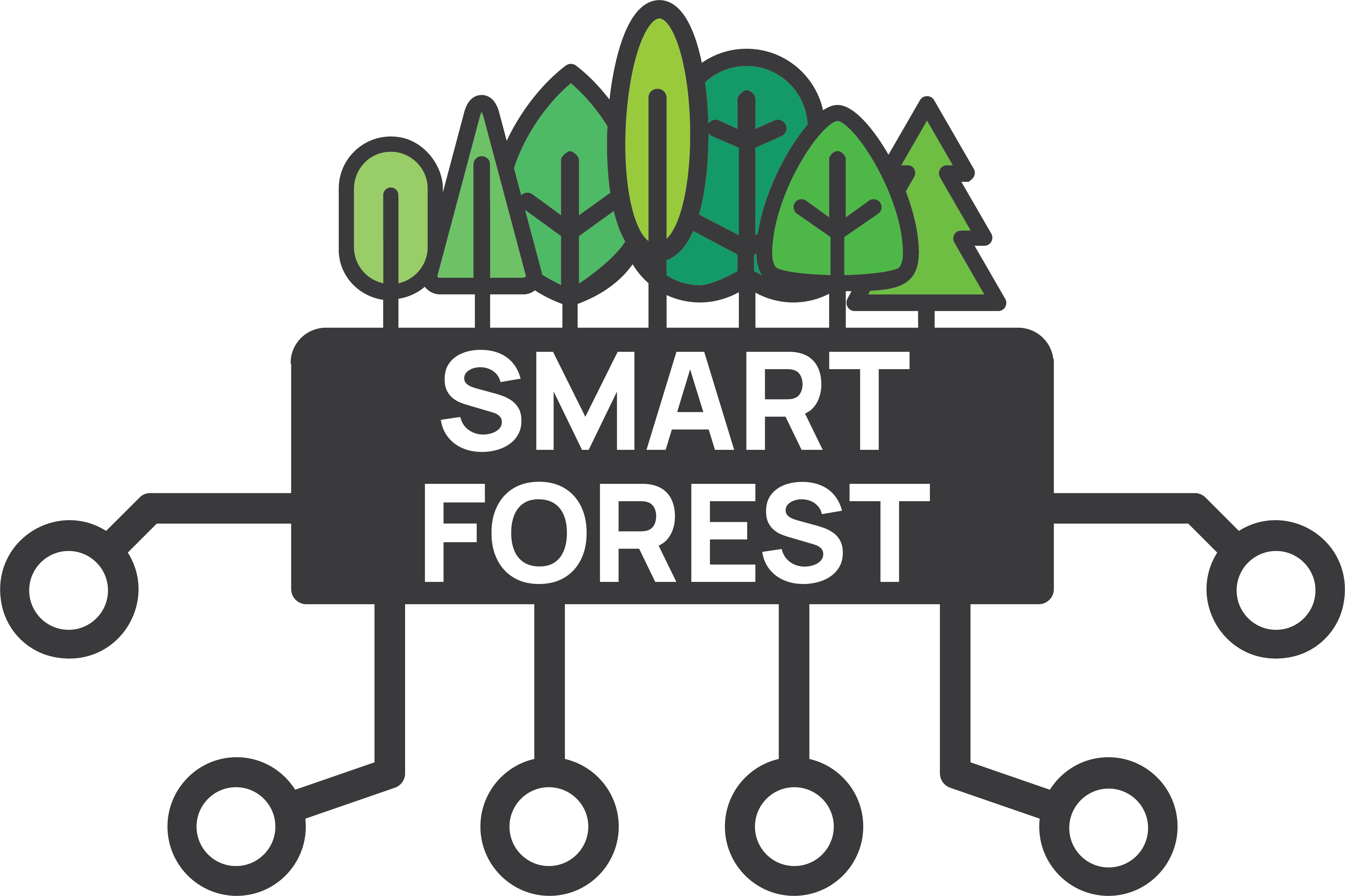
Keynote Speakers
Speakers
KEYNOTE SPEAKER
Dr. Ruth Dirsch
Vice President of the
Bavarian State Institute of Forestry (LWF)
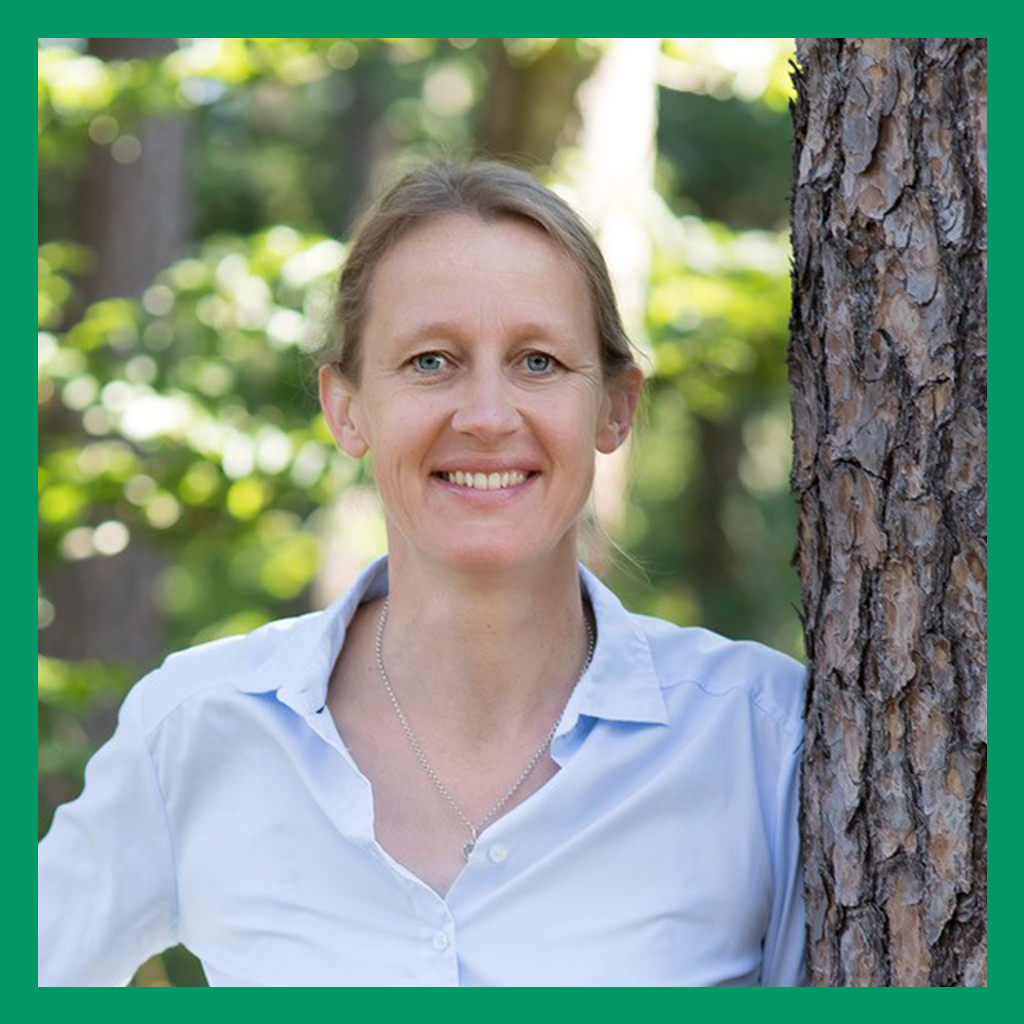
Dr. Ruth Dirsch is Vice President of the Bavarian State Institute of Forestry (LWF) since July 2024. Previously, she worked for the Bavarian State Forests (BaySF) in various positions, most recently as Deputy Forest Operations Manager at the Pegnitz forest operations unit.
After studying at the Technical University of Munich and ENGREF Nancy, she worked in a research project position at the Bavarian State Institute for Forestry (LWF) and also earned her doctorate at the Technical University of Munich. She lives with her family in Lauf an der Pegnitz. Science, networking, and practical applicability are central concerns for her.
KEYNOTE SPEAKER
Martin Roth
Forest manager in the Lake Constance district
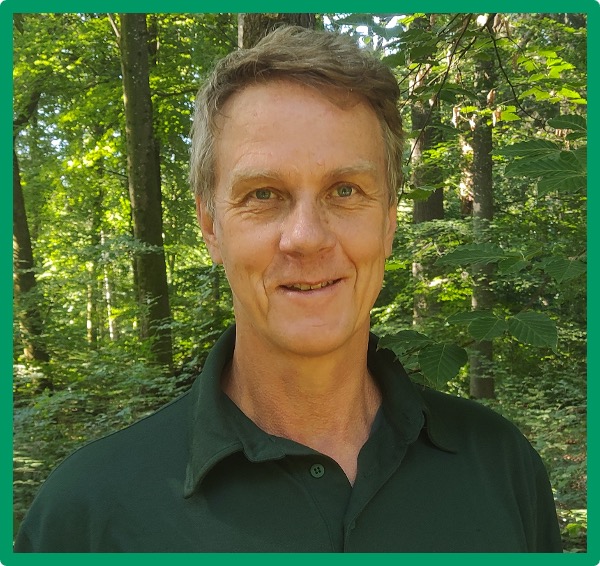
Martin Roth has been a district manager in the Lake Constance district for 25 years. He is responsible for a district with seven municipal forests and almost 700 private forest owners, who together manage around 1,500 parcels of land. One of the most challenging aspects of his work is dealing with the massive liquidation of stands due to calamities, especially in small private forests.
Roth relies on innovative digital technologies and was involved in the development of Wood.In.Vision. He also lectures at Rottenburg University of Applied Sciences and the University of Freiburg, where he teaches practical applications of digital technologies in forestry.
KEYNOTE SPEAKER
Prof. Dr. Rupert Seidl
Research Department Life Science Systems, Technical University Munich
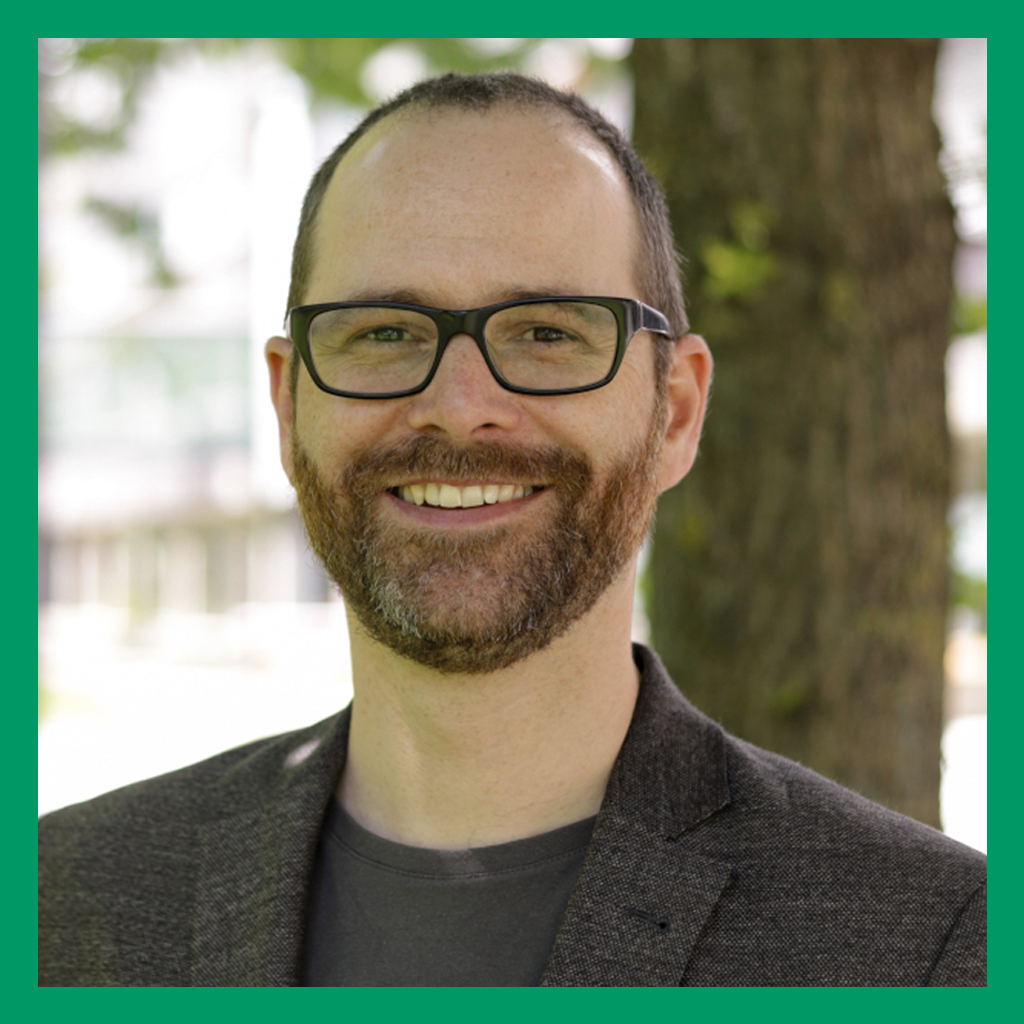
Prof. Rupert Seidl (*1979) researches ecosystem dynamics and utilises his findings to support sustainable forestry. His work has a strong emphasis on the disturbance and resilience of forest ecosystems.
Prof. Seidl combines a variety of methods – from empirical field research and experiments to remote sensing and simulation modelling – to understand the changes in ecosystems across space and time. Based on these findings, he develops management concepts for the sustainable provision of ecosystem services and the preservation of biodiversity in a changing world.
Prof. Seidl is one of the 1% most cited scientists in his field and was listed by Reuters among the top 100 of the 1000 most influential climate scientists worldwide. He is co-author of the current Assessment Report of the Intergovernmental Panel on Climate Change (IPCC).
SPEAKER
Dr. Mirela Beloiu Schwenke
Environmental Systems Science, ETH Zürich
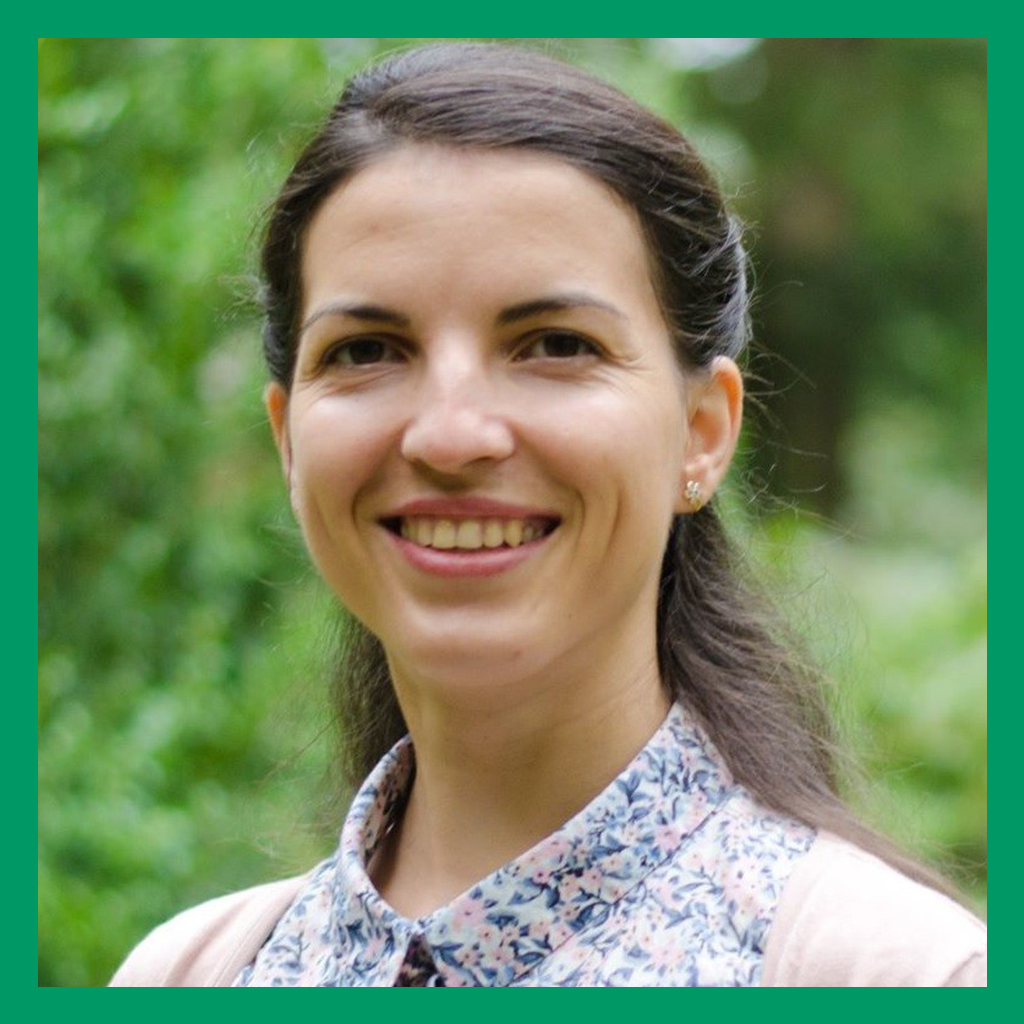
Dr. Mirela Beloiu Schwenke is an established researcher at ETH Zürich in the Department of Environmental Systems Science, working at the intersection of forest ecology, remote sensing, and climate warming.
She earned her Ph.D. from Bayreuth University, where she focused on the impacts of climate warming on forest regeneration. Dr. Beloiu Schwenke leads multiple projects on tree species health assessment, including the TreeAI Global Initiative, a groundbreaking effort to assess tree species diversity using artificial intelligence.
SPEAKER
Dr. Peter Biber
Tree Growth and Wood Physiology, Technical University Munich
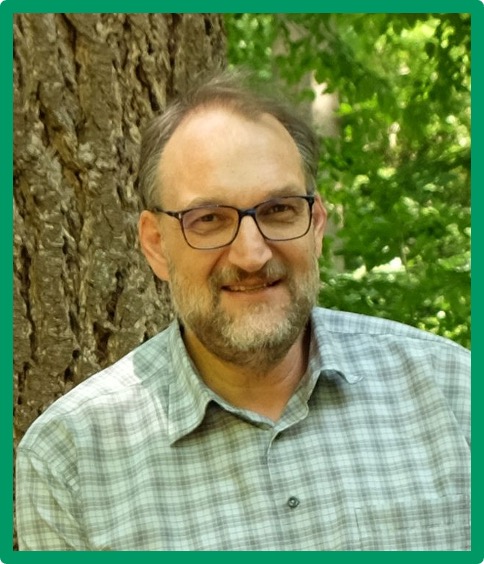
Dr. Peter Biber is Academic Director at the Chair of Tree Growth and Wood Physiology at the Technical University of Munich. His scientific interests lie in the area of forest growth, particularly considering tree-stand-operation levels.
The utilization of scientific insights and the best possible exploitation of available data for practical application have always been of great importance to him. In the German-speaking world, Peter Biber is one of the pioneers in the field of management-oriented forest growth modeling.
SPEAKER
Moritz Camenzind
Bavarian State Institute of Forestry (LWF)
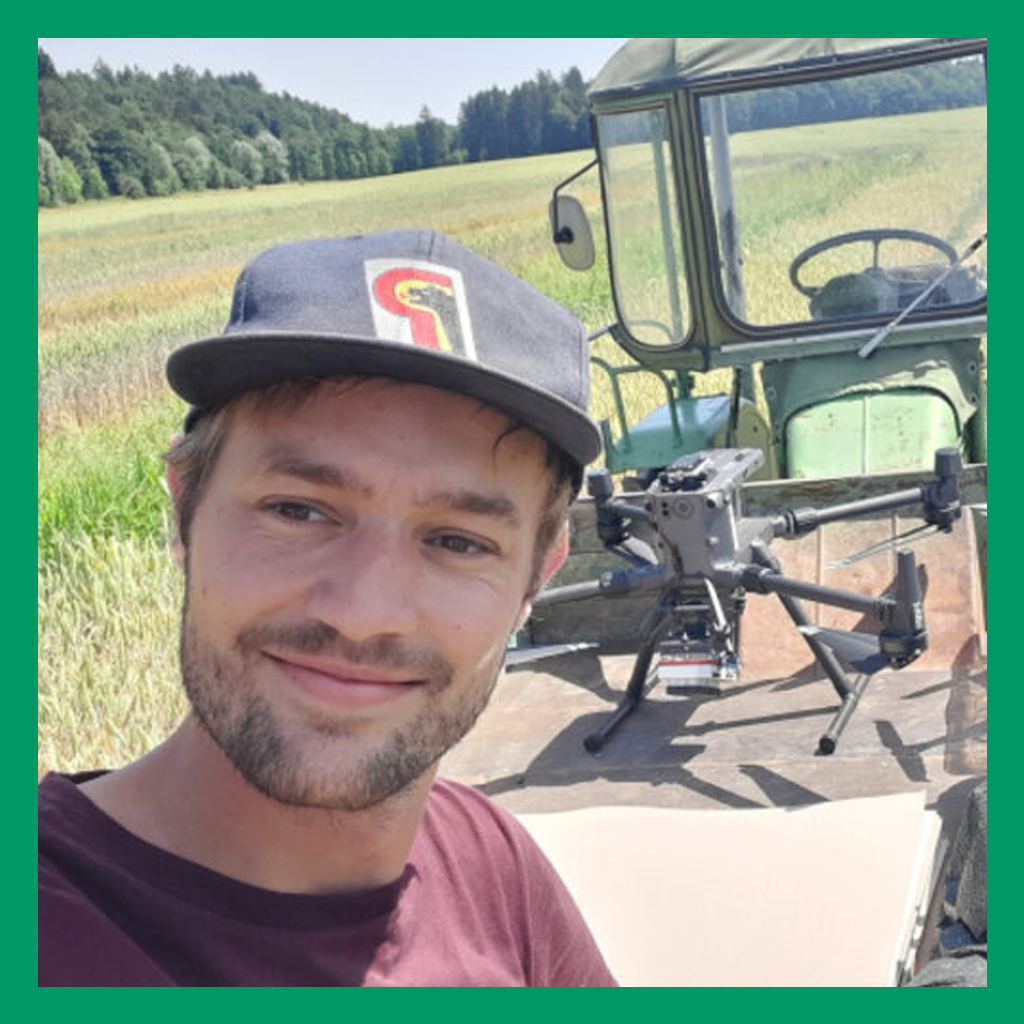
Moritz Camenzind has been working on projects at the Bavarian State Institute of Forestry in the Silviculture and Mountain Forest Department since 2024.
His professional career began in private plant breeding, where he gained valuable experience in the development and optimisation of new plant varieties. This was followed by studies at the Technical University of Munich, specialising in precision agriculture. He is intensively involved in the use of modern remote sensing technologies, in particular drones, to analyse plant characteristics and improve yield forecasts in agriculture.
His second research focus is in the field of forestry and forest management. He works on the SANDRO project, in which he focuses on the drone-based recording of forest structures. High-resolution UAV-supported imaging methods are used to analyse relevant vegetation parameters and make them usable for forest planning.
SPEAKER
Dr. Flaminia Catalli
Lead Data Scientist, wetransform GmbH
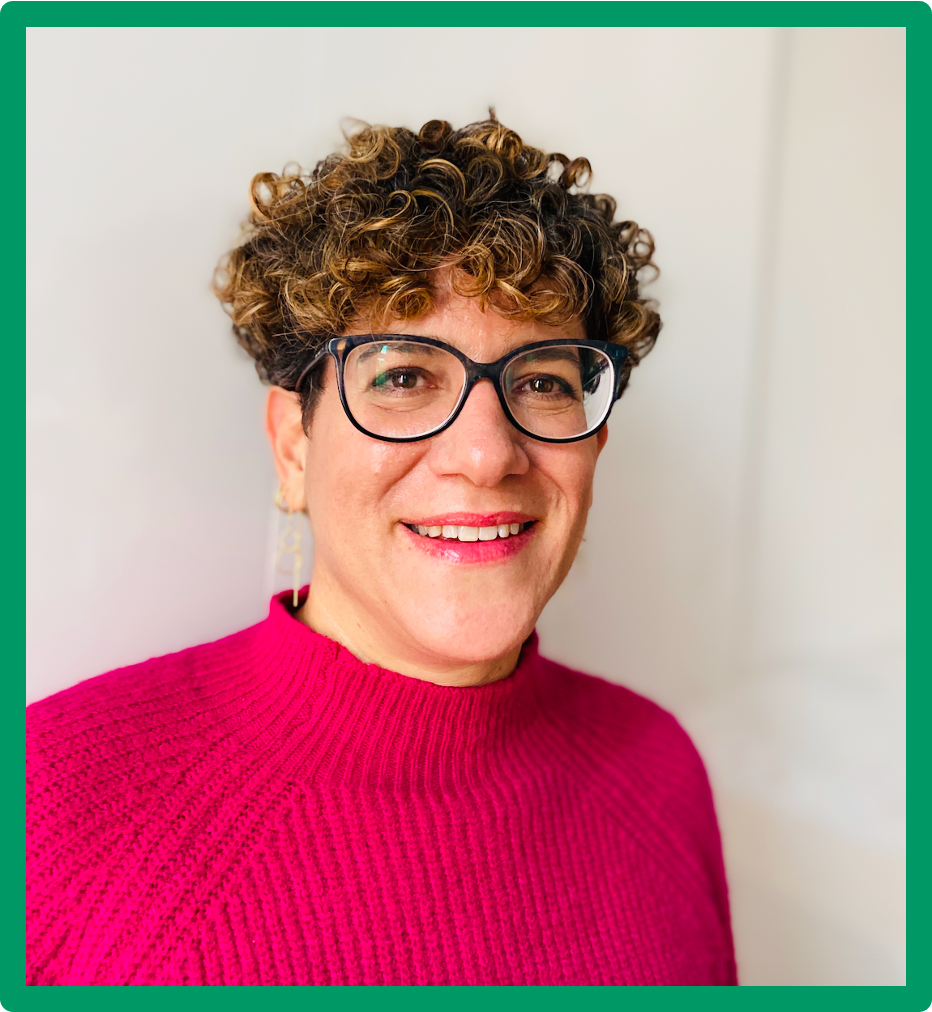
Dr. Flaminia Catalli holds a PhD in geophysics and has a diverse academic and professional background. For nearly a decade, she conducted research in seismology, focusing on the development of physical, statistical, and hybrid models for earthquake prediction. Transitioning into data science, she applied her expertise in numerical programming and statistical problem-solving across various fields, including finance and environmental projects.
Currently, she works on developing tools for multi-criteria decision analysis, with a strong emphasis on forest management and climate resilience, leveraging her deep belief in the power of probabilistic methods to address complex decision-making challenges under uncertainty..
SPEAKER
Dr. Daniel Doktor
Land-Cover & Dynamics, Helmholtz-Zentrum für Umweltforschung – UFZ
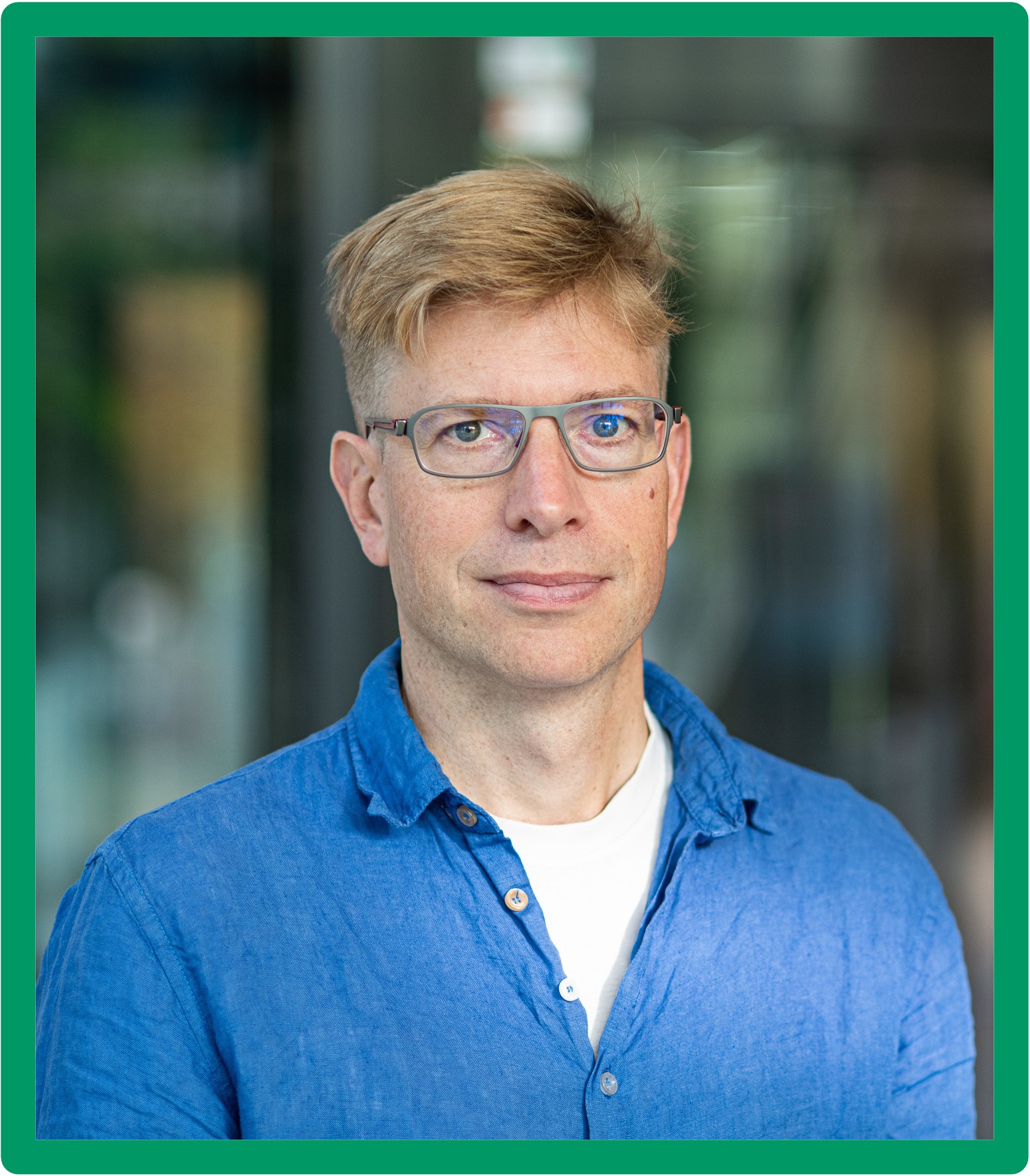
Dr. Daniel Doktor leads the working group ‚Land-Cover & Dynamics‘ at the
Helmholtz Centre for Environmental Research – UFZ. His research focuses
on the detection and evaluation of climate effects and land-use change on terrestrial vegetation. This includes i) the use and analysis of optical-reflective time-series of satellite data to derive forest condition, plant traits and ecosystem services and ii) the derivation of land-use, land-use intensity and habitats using data science methods.
Part of his work are also the acquisition of remotely sensed hyperspectral data accompanied by respective trait measurements and in-situ vegetation records. The aim is to evaluate links between land-use intensity / biodiversity and plant traits.
SPEAKER
Refiz Duro
Cooperative Digital Technologies, AIT Austrian Institute of Technology GmbH
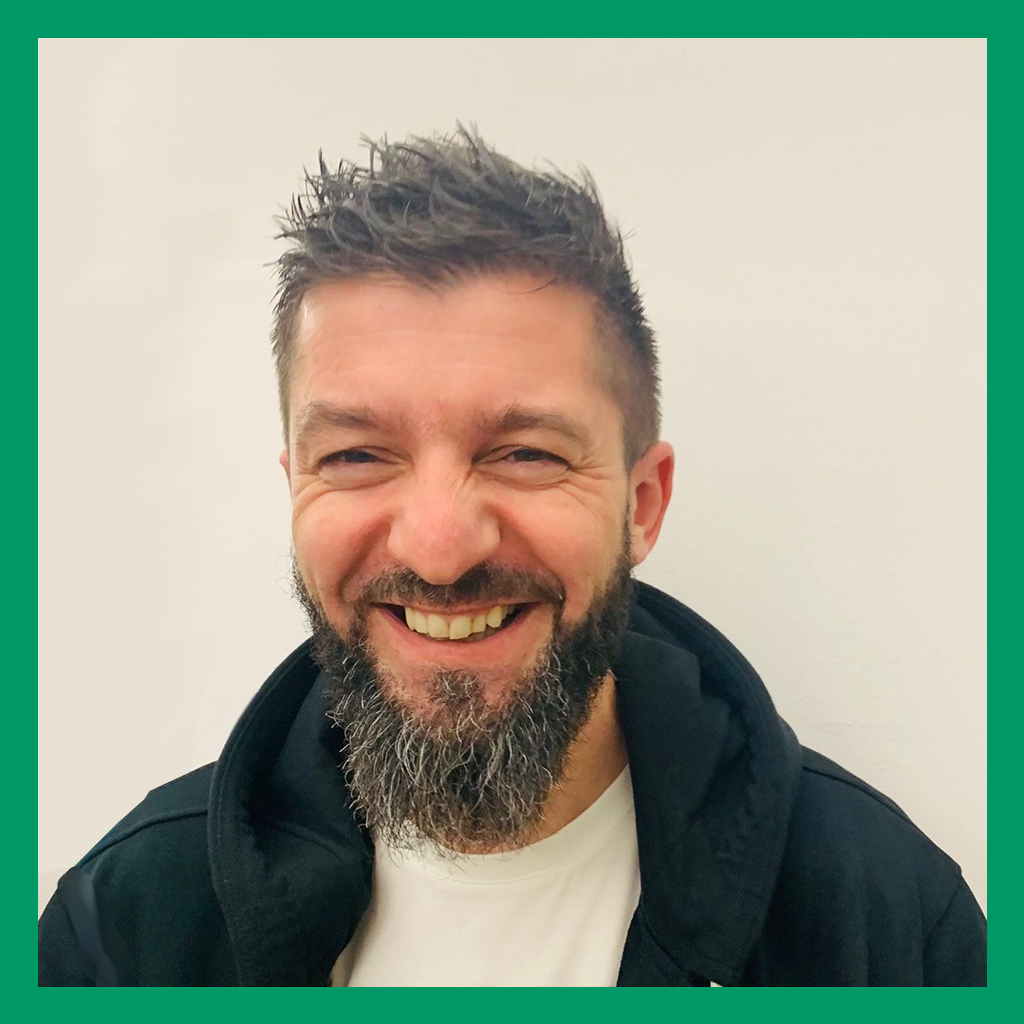
Refiz Duro is a scientist and project coordinator at AIT Austrian Institute of Technology GmbH since 2014, specializing in Earth observation, data analytics, and decision support systems.
He focuses on key ideas and advanced technologies to address current and forthcoming cross-sectoral, climate-related challenges (climate impact, risk reduction, sustainable societies).
SPEAKER
Philipp Eisnecker
Forstlichen Versuchs- und Forschungsanstalt in Baden-Württemberg
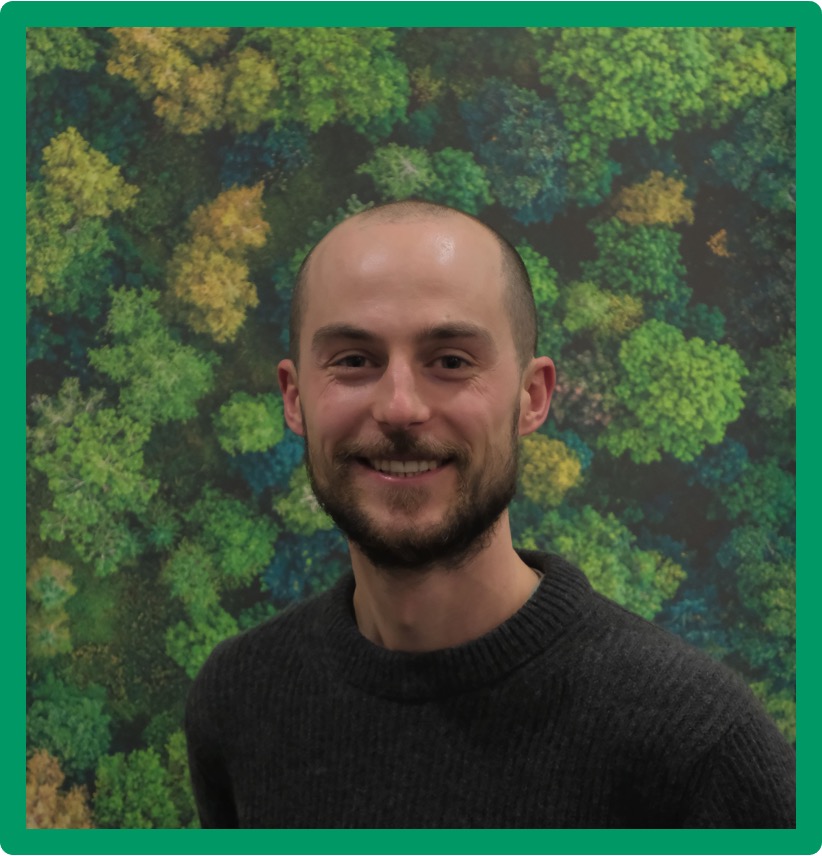
Philipp Eisnecker has been working as research assistant at the Forest Research Institute in Baden-Württemberg in the Biometry and Computer Science working group since 2022. He is currently developing an area-wide timber stock model that integrates aerial survey data and inventory data. In his previous work, he has dealt with the evaluation of forests as carbon sinks and the recording of forest damage using satellite data.
His work focuses on the combination of remote sensing and modeling, data validation, drone flights and the integration of research data into forestry practice, e.g. forest inventories. He holds a Master’s degree in Environmental Sciences with a specialization in environmental modelling and geoinformation systems.
SPEAKER
Dr.-Ing. Dipl.-Wi.-Ing. Mohanad El-Haji
Managing Partner & CEO EDI GmbH
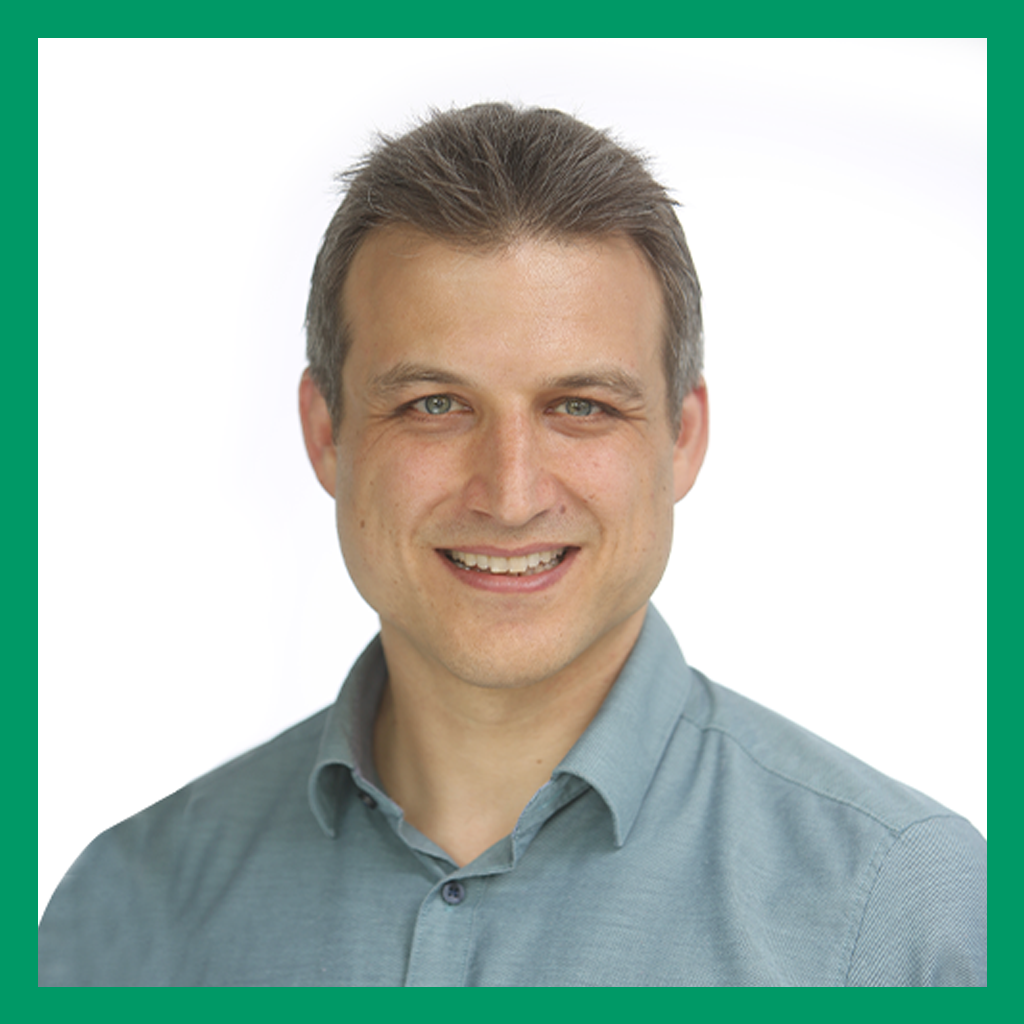
Mohanad holds a doctorate degree in industrial engineering from KIT – Karlsruhe Institute of Technology in 2014 with a doctoral thesis titled “Ontology-based Definition of Validation Tool Requirements in Automotive Engineering”.
His core skills are process optimisation, formalisation of expert knowledge, product concept and design. He has been working in the area of digitalisation for more than ten years, starting from the first research project at the KIT in 2008. He always manages to satisfy customers with his brilliant ideas and creative solutions.
SPEAKER
Broghan Erland
Ecology, and Modeling, Evidence, and Policy groups, Newcastle University
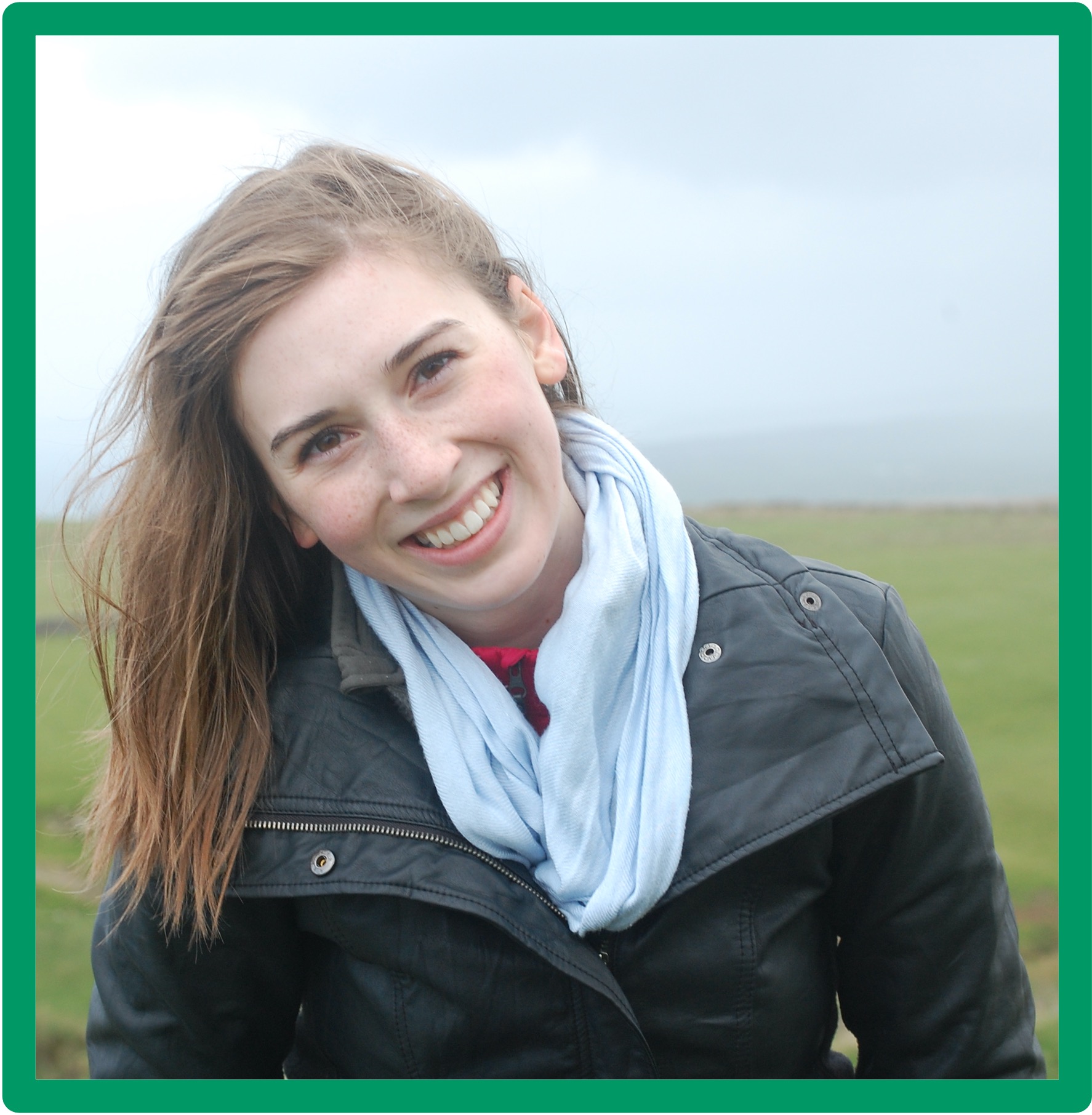
Coming from a background in mathematics and statistics, Broghan Mareighd Erland is a PhD student in the Ecology, and Modeling, Evidence, and Policy groups at Newcastle University. She has previously researched greenhouse gas emissions, mainly from the Alberta oil sands.
Her current research focuses on assessing carbon and biodiversity across agroforestry systems in the United Kingdom. A particular focus is on remote sensing of structural and multispectral diversity of vegetation as they relate to foraging ecology.
SPEAKER
Prof. Dr. Fabian Fassnacht
Institute of Geographical Sciences,
Freie Universität Berlin
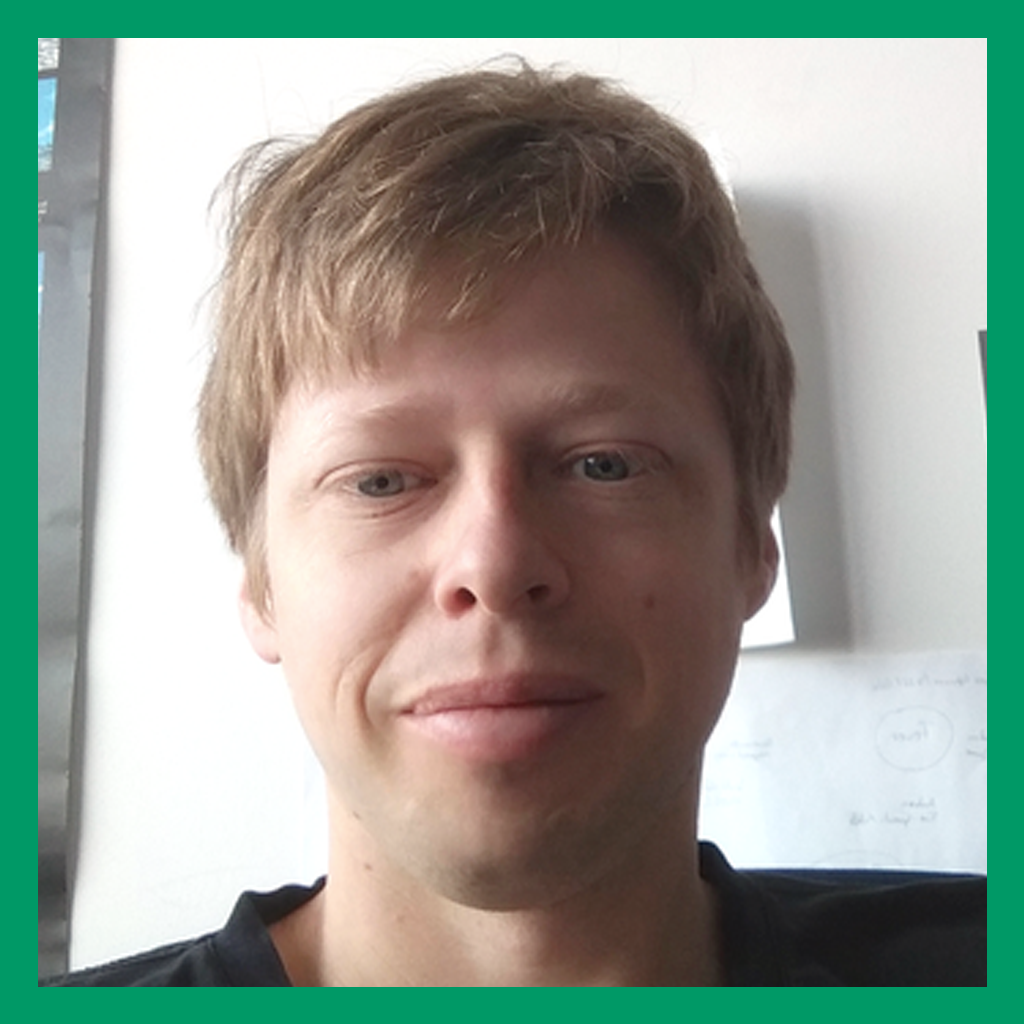
Prof. Dr. Fabian Faßnacht has been Professor of Remote Sensing and Geoinformatics at the Institute of Geographical Sciences at Freie Universität Berlin since 1 April 2022.
His research carries an emphasis on the application of remote sensing data to understand ecological patterns and processes of vegetation ecosystems and the development of workflows for quantifying and mapping forest characteristics using remote sensing data.
Before his appointment, Prof. Faßnacht worked as a Senior Scientist at the Institute of Geography and Geoecology at the Karlsruhe Institute of Technology.
SPEAKER
Dr. Thomas Freudenmann
EDI
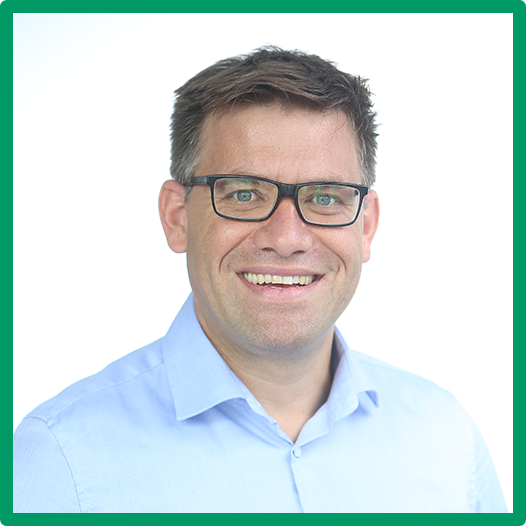
Als Managing Partner & CVO arbeitet Thomas seit mehr als 10 Jahren auf dem Gebiet des Semantic Web, KI-basierter Algorithmen und digitaler Geschäftsmodelle.
Er begann 2008, als er als wissenschaftlicher Mitarbeiter am IPEK – Institut für Produkt Engineering Karlsruhe am KIT tätig war. Während seiner Zeit am IPEK hielt er auch Vorlesungen für Studenten am KIT. Er hat Freude daran, Studenten zu unterrichten, weil es ihm wichtig ist, der jungen Generation die Richtung dessen zu vermitteln, was die Zukunft bringen wird.
Thomas hat 2014 mit einer Doktorarbeit mit dem Titel “Ontologien für die Validierung von Produkten auf der Grundlage des Contact & Channel-Ansatzes (C&C²-Ansatzes)” promoviert. Thomas hat nicht nur Erfahrung im Technologiebereich, sondern ist auch unser Marketing- und Vertriebsmeister.
SPEAKER
Dr. Julian Frey
Waldwachstum und Dendroökologie, Universität Freiburg
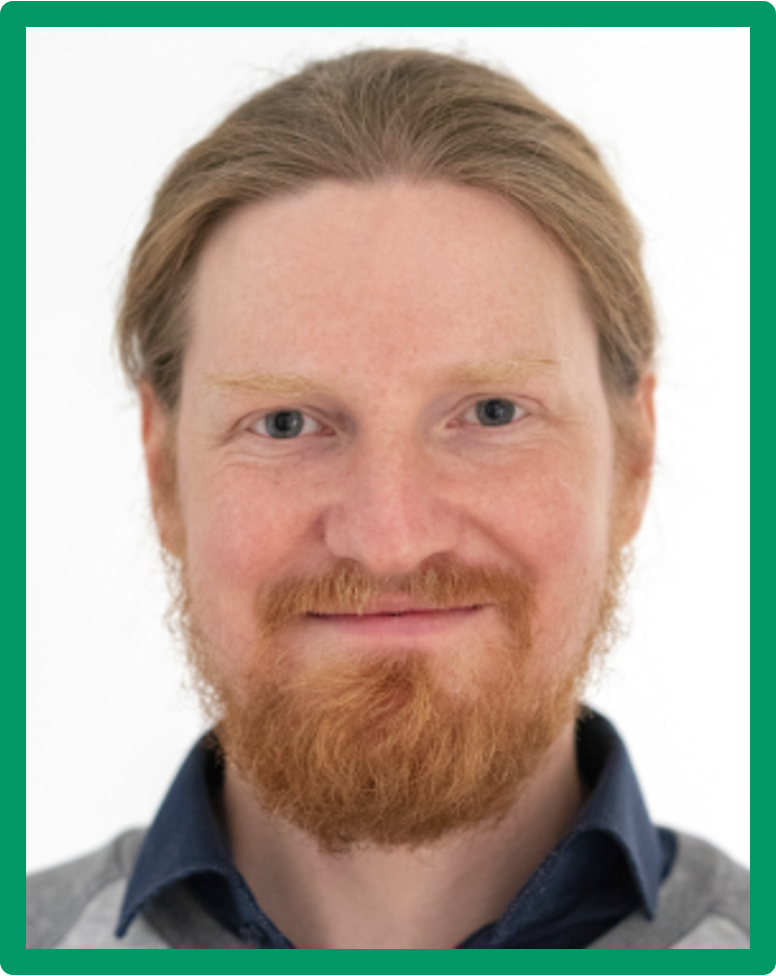
Dr. Julian Frey has been working at the Chair of Forest Growth and Dendroecology at the University of Freiburg since 2019 and is currently working on the remote sensing of forests using terrestrial laser scanning in the WaldAgil research project. His main research interest lies in the AI-based derivation of important forest parameters directly from LiDAR sensor data.
In recent years, his work has focused on the quantification of forest structures for biodiversity research, the sensor fusion of thermal and LiDAR data and the highly accurate modelling of light interception in forests.
SPEAKER
Dr.-Ing. Chris Geiger
Bereich Forschung und Entwicklung, HSM Hohenloher Spezial-Maschinenbau GmbH
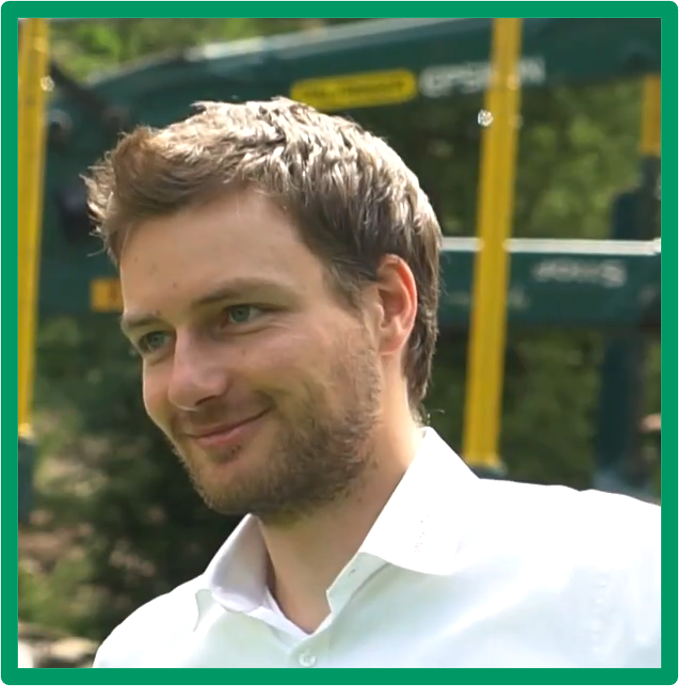
Dr. Chris Geiger has been working in research and development at HSM Hohenloher Spezial-Maschinenbau GmbH since 2022. His expertise ranges from software and electronics development to the use of artificial intelligence for forestry machines.
Dr. Geiger studied mechanical engineering at the Technical University of Munich and completed his doctorate on assistance systems for forestry machinery at the Mobile Machinery Division of the KIT. A current research focus is the digitalization of forestry machinery with the inclusion of AI systems.
SPEAKER
Richard Georgi
OGF GmbH, Kesselsdorf
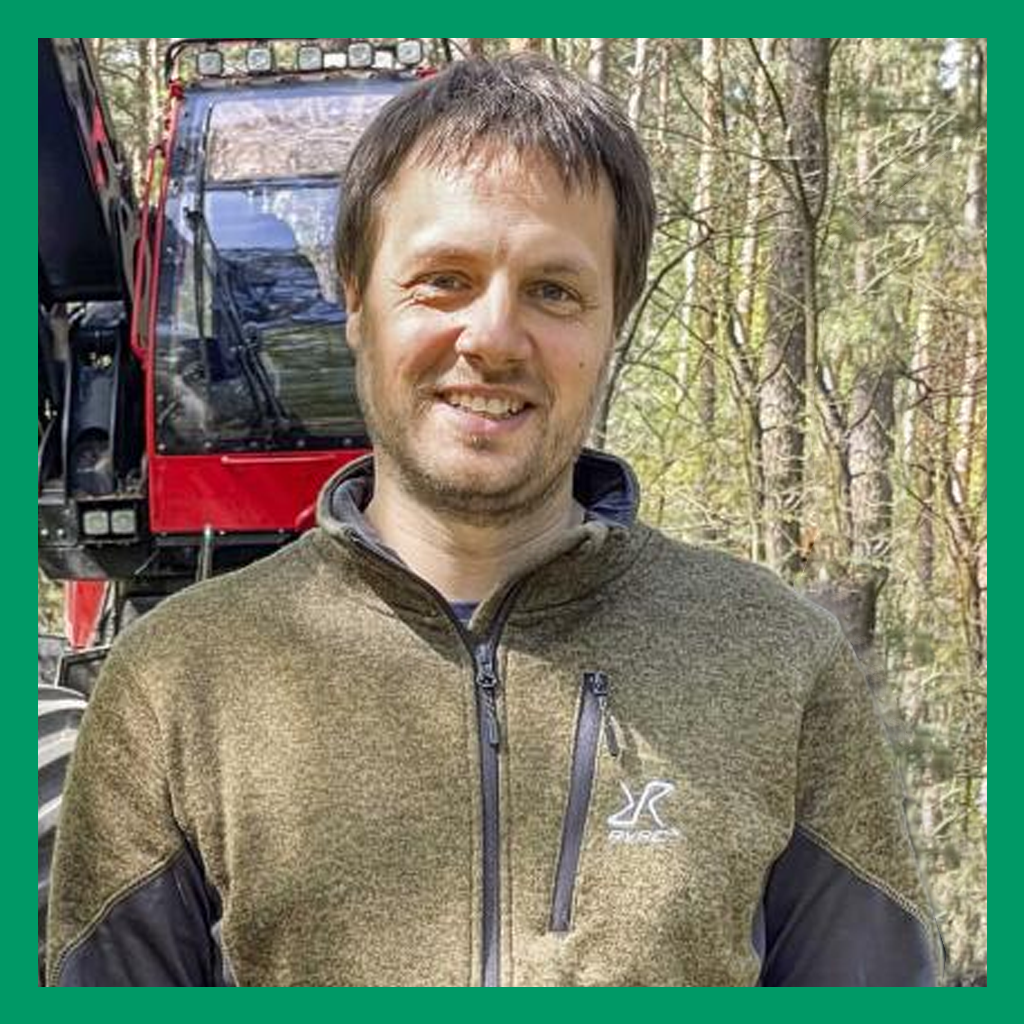
Richard Georgi studied forestry in Tharandt and spent 10 years as a research assistant at the Chair of Forest Conservation at TU Dresden.
He has been working at OGF GmbH since 2020, where he has been a managing partner since early 2024. His focus is on the digitalisation of forest inventories, in which modern drone technology with LiDAR sensors is used to develop precise and sustainable solutions for forest management.
SPEAKER
Dr. Konstantin Gregor
Land Surface-Atmosphere Interactions, Technical University Munich
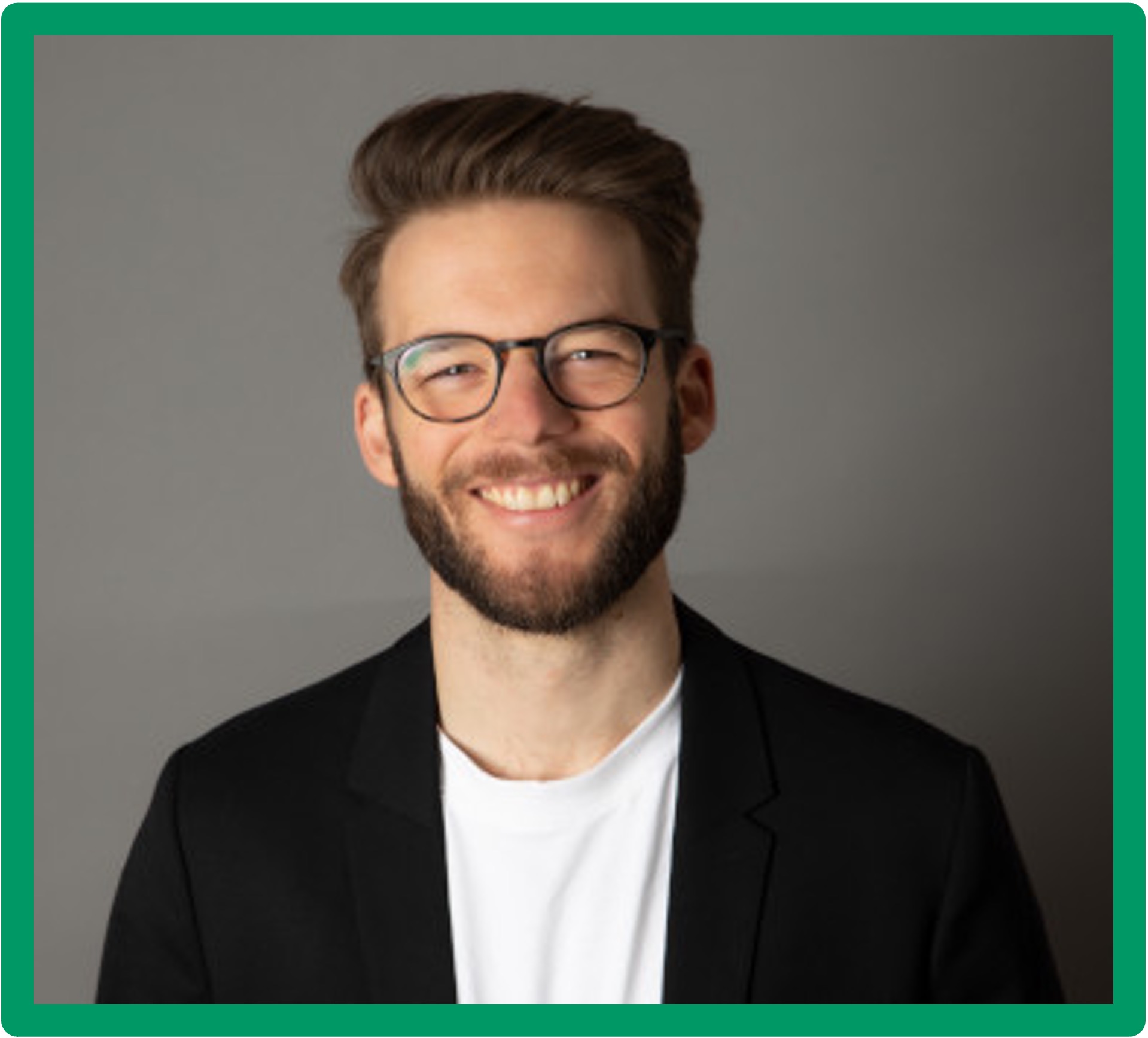
Coming from a background of mathematics and computer science, Dr. Konstantin Gregor received his PhD from TUM in 2024 in the field Land Surface – Atmosphere Interactions.
He now works as a Postdoc in the same group. His research focus lies on using global vegetation models and climate models in combination with robust multi-criteria optimization, to develop strategies for European forests that are simultaneously optimized for climate change adaptation, mitigation, resource provision, and ecosystem services.
SPEAKER
Sarah Hauser (M.Sc.)
Department of Geoinformatics,
University of Applied Sciences Munich
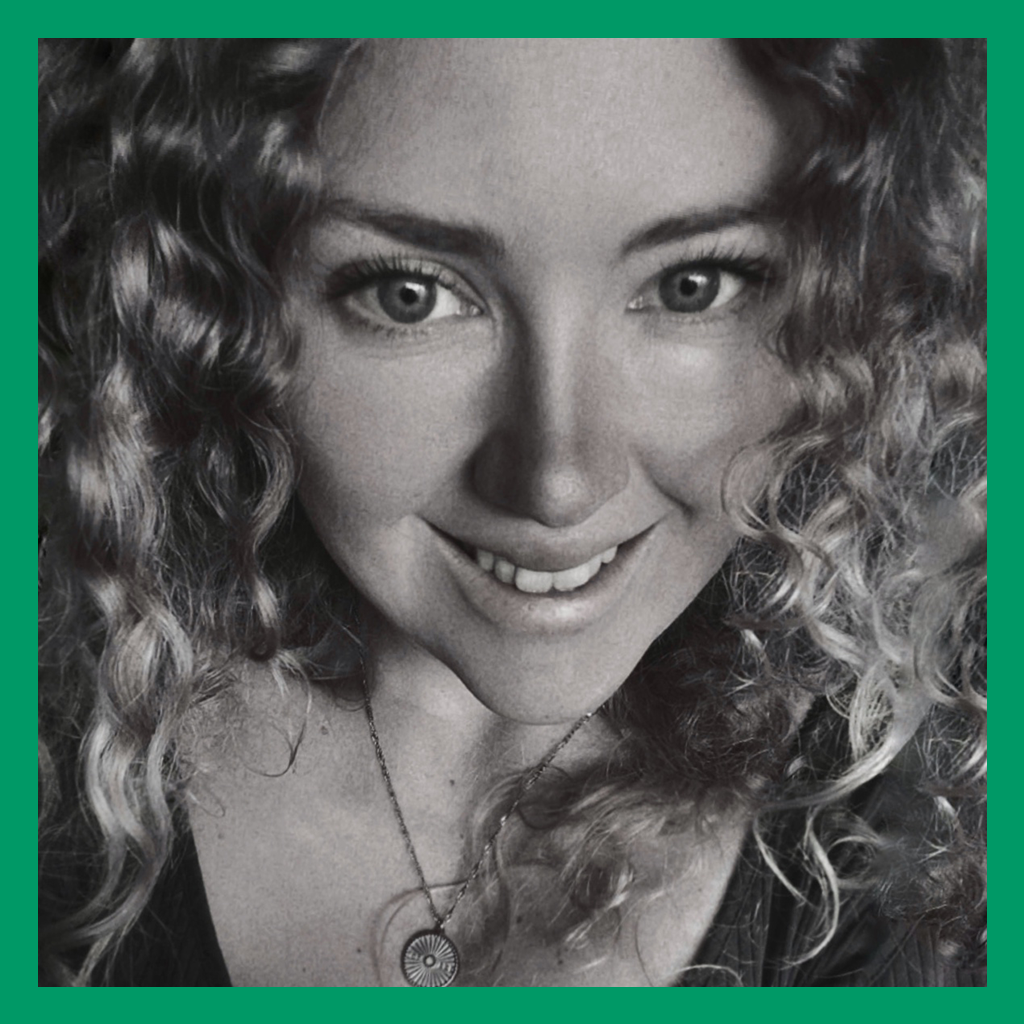
Sarah Hauser (M.Sc.) holds a Master’s degree in Geoinformation Sciences and is a Ph.D. candidate at the Karlsruhe Institute of Technology, with expertise in data fusion and AI applications in forestry remote sensing.
At the Munich University of Applied Sciences, she has worked on the “Wald5Dplus” project, creating an AI benchmark data set for forestry with Sentinel data. She is now a Research Associate at the Institute for Applications of Machine Learning and Intelligent Systems (IAMLIS), co-supervising student theses and advancing enhanced labelling methods for forest data applications.
SPEAKER
Frank Heinze
RIF Institute for Research and Transfer e.V., Dortmund
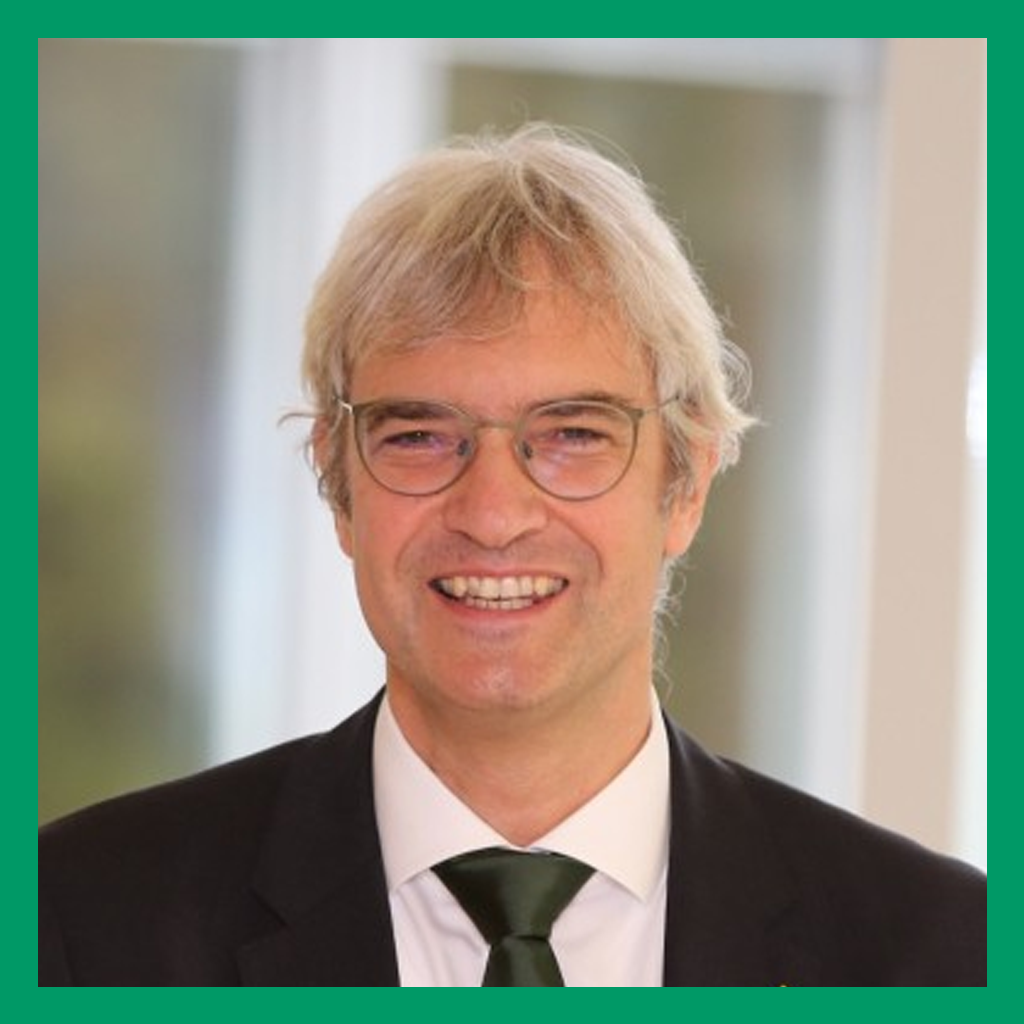
Frank Heinze has been project coordinator of the infrastructure project ‘Competence Centre Forest and Wood 4.0’ since 2018.
He studied electrical engineering in Paderborn and at the University of Illinois in Urbana-Champaign, USA, and business administration at the University of Hagen, and holds degrees in engineering and industrial engineering.
He has been involved in research, education, and software development in the fields of engineering, simulation systems and virtual reality, particularly for manufacturing technology and forestry for over 20 years. Starting in 1996 at the Institute for Robotics Research at TU Dortmund University and since 2005 at the RIF Institute for Research and Transfer e.V., Dortmund.
SPEAKER
Dr. Richard Heitz
Silviculture and Mountain Forest, Bavarian State Institute of Forestry (LWF)
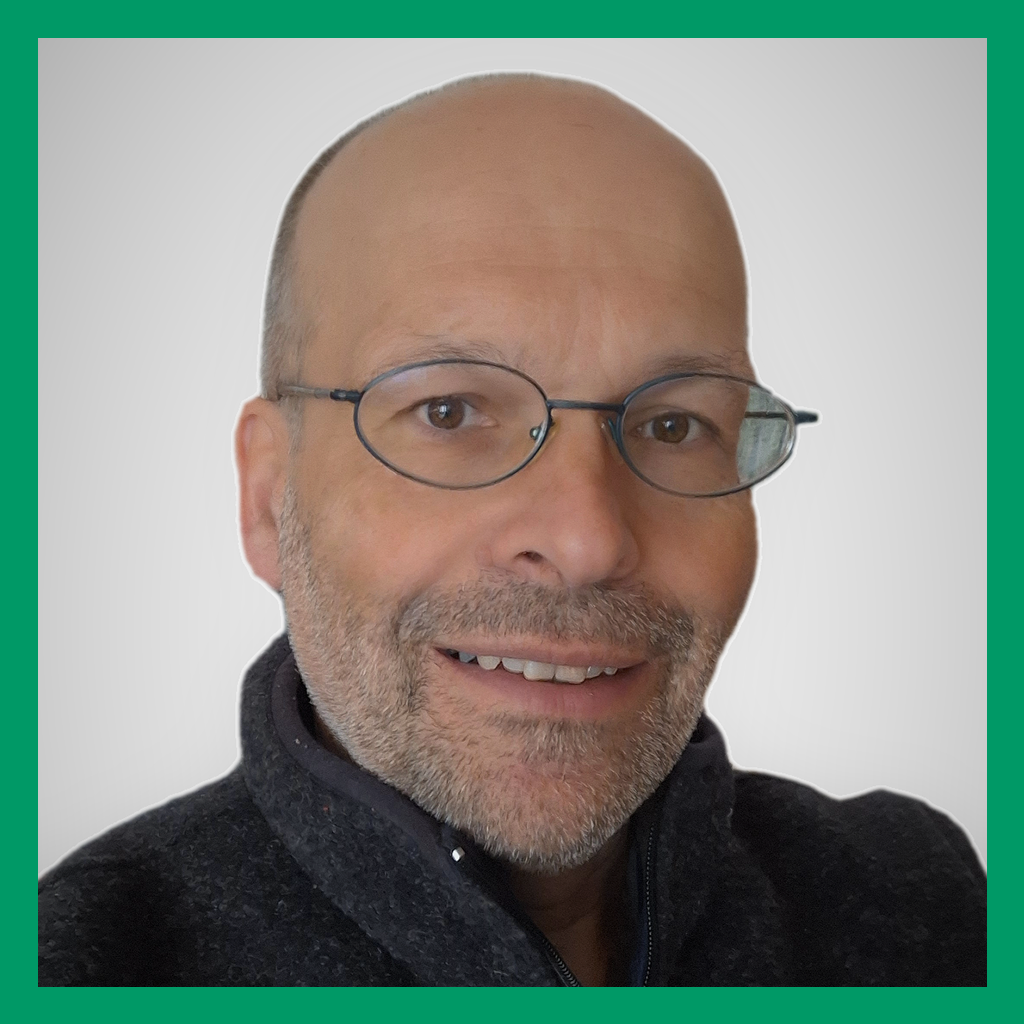
Dr Richard Heitz has been a research associate at the Bavarian State Institute of Forestry (LWF) in the Silviculture and Mountain Forest Department since 2016.
His professional career includes various positions in scientific institutions and administrations, including the Technical University of Munich, the Bavarian Ministry of the Environment, and the Max Planck Society for the Advancement of Science.
His current research focuses on mountain and protection forests. He plans, develops, and manages application-oriented research and development projects. These efforts chiefly focus on the recording of protection forests, ensuring their protective effectiveness and deriving recommendations for action, also with regard to climate change.
One methodological focus of his work is the drone-based recording of relevant forest structures and objects using high-resolution LiDAR and aerial image technology, with a particular focus on tree regeneration.
SPEAKER
Dr.-Ing. Patrick Höhn
Georg-August-Universität Göttingen

Dr.-Ing. Patrick Höhn has been a research associate at the Georg-August-Universität Göttingen since May 2023, and is active in GWDG’s Computing department. He was previously a research assistant at the Clausthal University of Technology, RWTH Aachen University, and Luleå University of Technology.
After studying mechanical engineering at the Coburg University of Applied Sciences, he studied aerospace engineering in the Erasmus Mundus Space Master’s programme. After his master’s thesis at Utah State University, he completed his studies with a Master of Science in Physics at the Université Paul Sabatier Toulouse III and a Master of Science in Space Engineering at the Technical University of Luleå. In August 2024, he was awarded a doctorate in Engineering from Clausthal University of Technology.
SPEAKER
Dr. Martin Hoppen
Institute for Man-Machine Interaction (MMI), RWTH Aachen
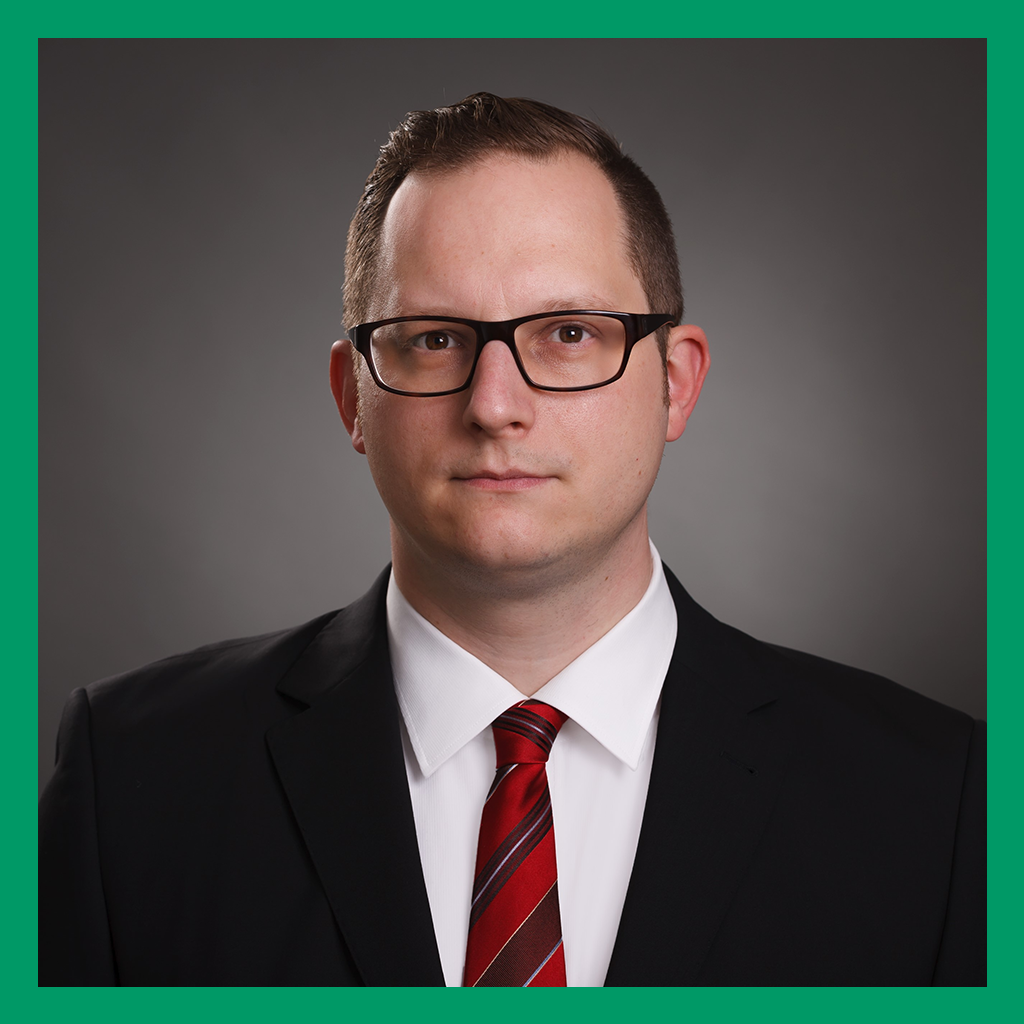
Martin Hoppen has been Head of the new ‘Environment and Digitalisation’ department at the Institute for Man-Machine Interaction (MMI) at RWTH Aachen University since September 2022.
Martin Hoppen has been working on the digitalisation of the forestry industry in research and development for over 15 years. The focus of his work is on data management and data modelling as well as Industry 4.0 and data space technologies for the forestry industry (Wald und Holz 4.0).
SPEAKER
Niklas Jaggy
Chair of Remote Sensing, Julius-Maximilians- Universität Würzburg
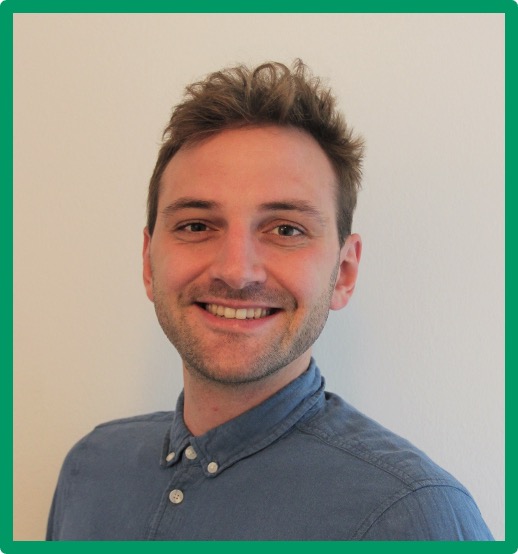
Niklas Jaggy is a researcher at the Chair of Remote Sensing at the Julius-Maximilians-Universität Würzburg (JMU). He works in the earth observation sub-project of the bidt project ROOT for near-real-time observation of forest dynamics and biodiversity.
The main task of his research includes the development of an earth observation process chain for the near-real-time detection of disturbances in Bavarian forests and the differentiation between standing deadwood and clear-cut areas. This includes the development of different methodological approaches as well as a resource-efficient implementation in high-performance computing environments.
SPEAKER
Taimur Khan
Department Community Ecology, Helmholtz-Zentrum für Umweltforschung – UFZ
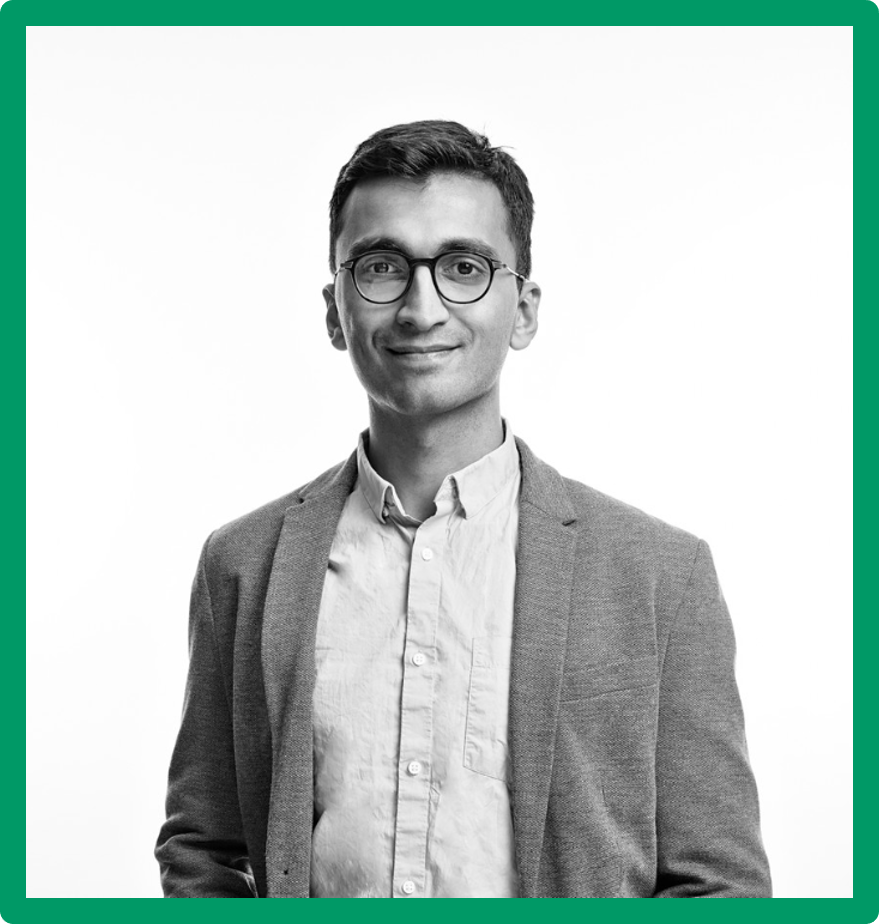
Taimur Khan is a Data Scientist at the Helmholtz Center for Environmental Research – UFZ. As part of the Vegetation and Macroecology and Land Cover/Dynamics working groups, his current work focuses on applying deep learning techniques to ecological challenges, including the DeepTrees project for spatio-temporal tree inventory, the BioDT project for dynamic digital biodiversity twinning, and the Forest Resilience Index project for monitoring forest resilience with remote sensing.
Taimur also regularly conducts drone flights for vegetation monitoring and mapping, integrating drone-based multispectral imagery into his workflows.
With a background in geosciences, physics, remote sensing and data science, Taimur is dedicated to integrating advanced computational methods with remote sensing technologies to promote sustainable forest management.
SPEAKER
Simon Köfferlein
Department of Geoinformatics,
University of Applied Sciences Munich

Simon Köfferlein began studying GeoVisual Design and Geomatics at Munich University of Applied Sciences after graduating from high school and has been involved in the Wald5DPlus project for a year.
As part of his bachelor’s thesis, he is working on calamity detection using supervised classification in the Bavarian Forest National Park and has already taken part in events such as the Datapoolmeeting 2024. He is working with Andreas Wagner to utilise synergies between their research approaches.
SPEAKER
Anja Krauth, M.Eng.
Ostfalia University of Applied Sciences – Hochschule Braunschweig/Wolfenbüttel
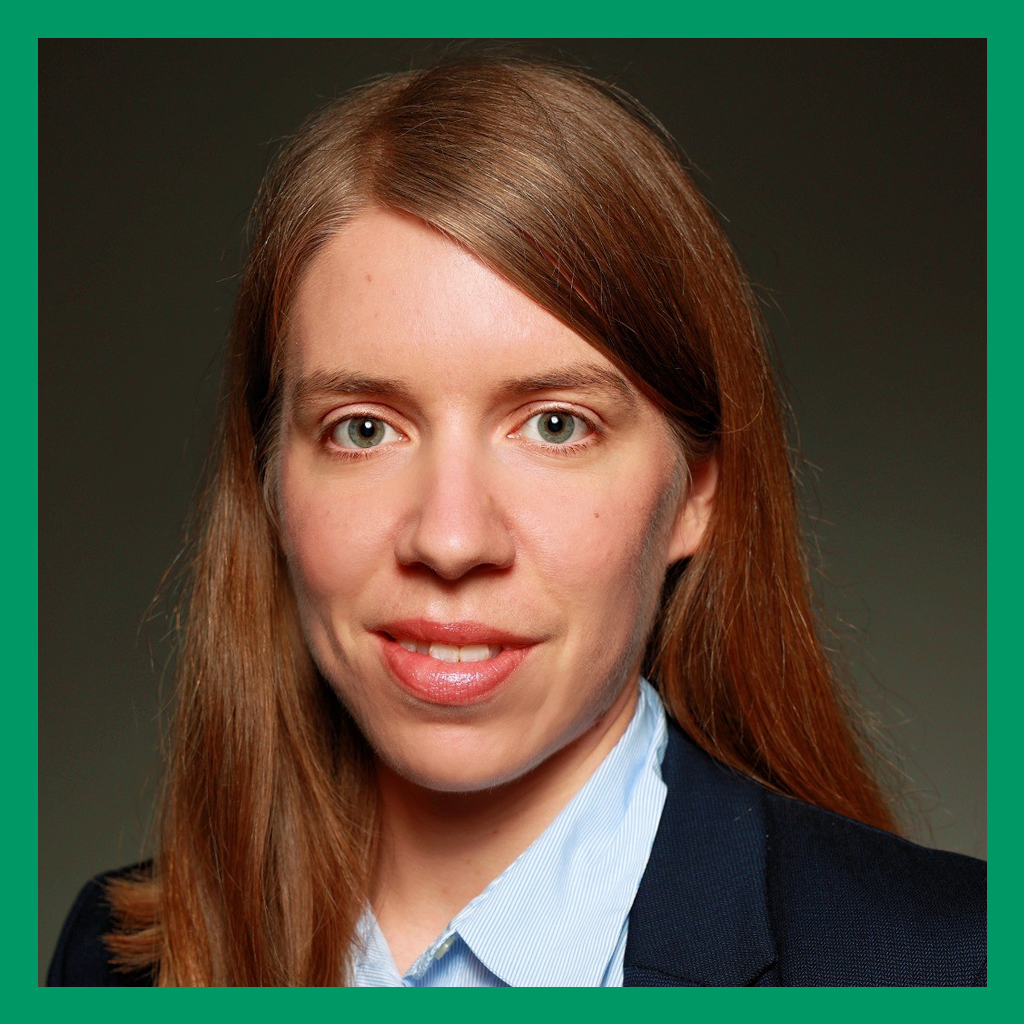
Anja Krauth studied mechanical engineering at Ostfalia University of Applied Sciences and has been working as a research assistant at the Institute of Design and Applied Mechanical Engineering for a year.
In her Master’s thesis, she focussed on the development of cost-effective, modular (soil) environmental sensors for use in forestry. She is currently working on LoRaWAN-based environmental sensors in the two projects Ostfalia – Waldpilz and Ostfalia – Smart City Irrigation.
SPEAKER
Katja Kröner
Forest Growth and Dendroecology, University of Freiburg
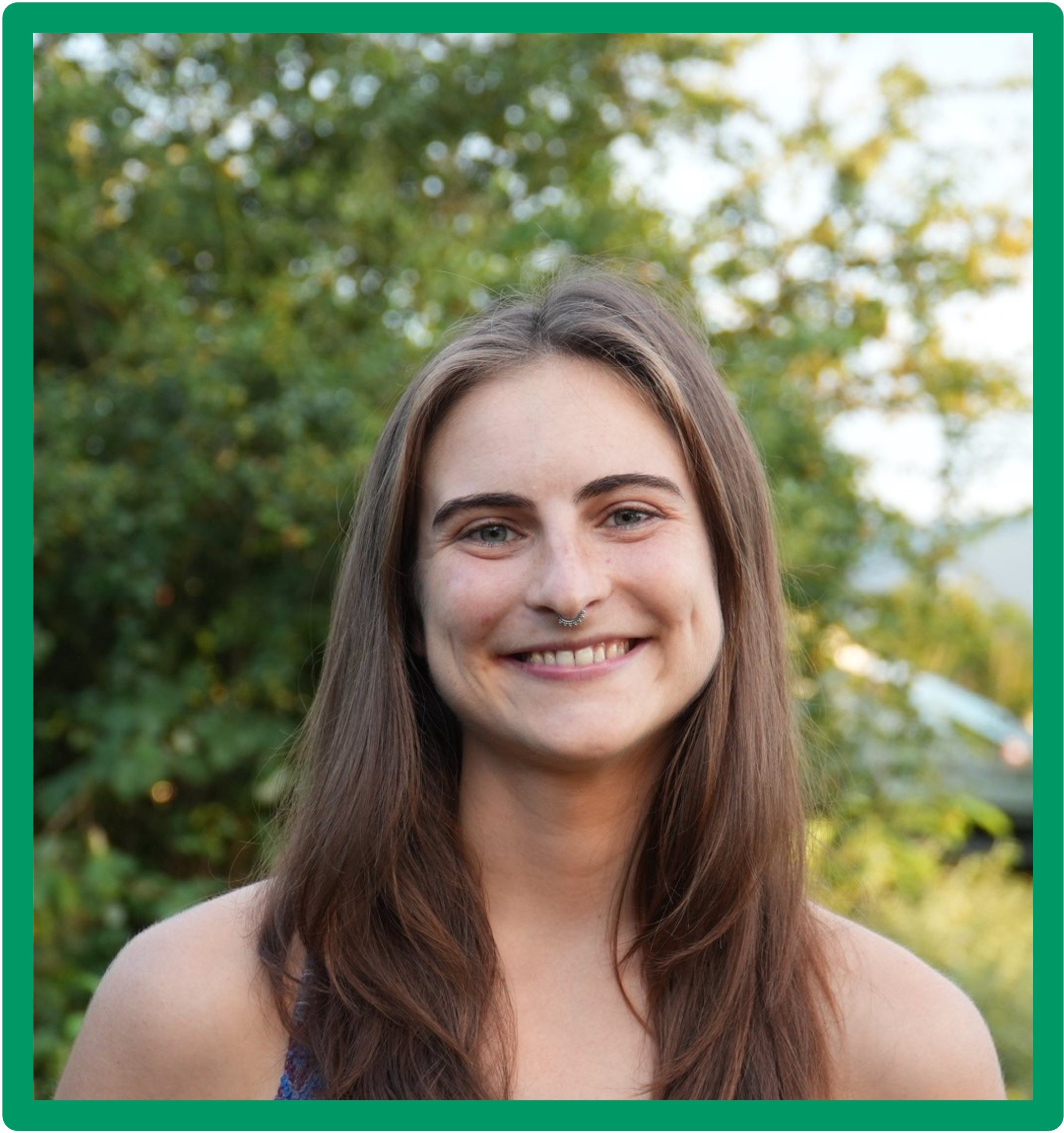
Katja Kröner studied environmental sciences with a focus on modeling at the University of Freiburg and has been a doctoral student at the Chair of Forest Growth and Dendroecology since 2024.
Her research focuses on the use of remote sensing data to study individual tree growth. The focus is on recording detailed three-dimensional structures and combining them with growth parameters as well as integrating them into forest growth models.
SPEAKER
Dr. Nina Krüger
Projektmanagerin M.O.S.S. Computer Grafik Systeme GmbH
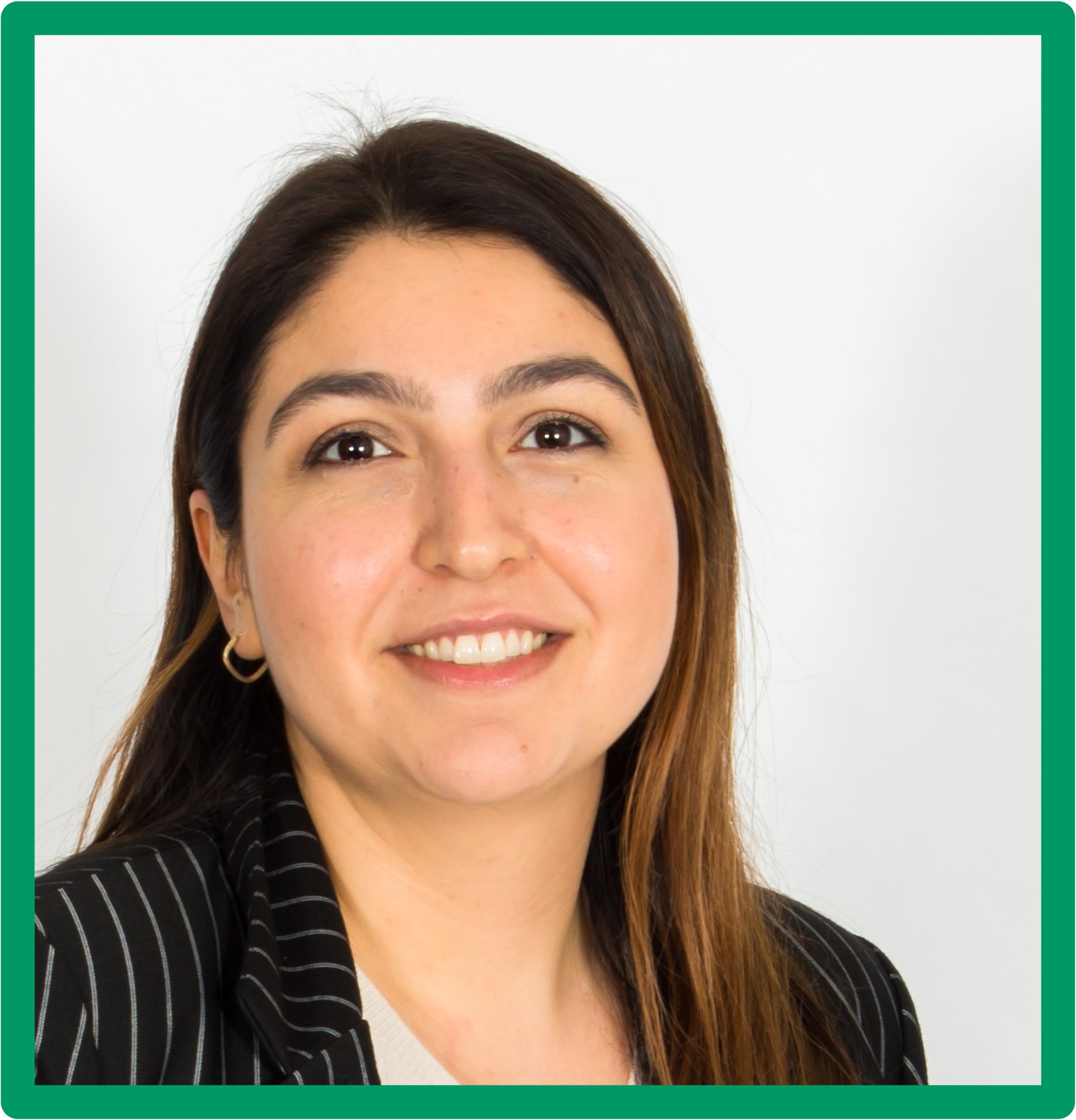
Dr. Nina Krüger is project manager and expert for 3D point clouds and remote sensing at M.O.S.S. Computer Grafik Systeme GmbH. After completing her doctorate in the field of remote sensing and forestry applications in 2019, she gained practical experience at M.O.S.S.
She leads scientific projects and projects in the fields of remote sensing, nationwide change detection, 3D building modeling, forestry, data management and the management of nationwide geotopographic data sets.
Within the InGeoDTM project, she deals with the interface between digitization in the planning and construction process and the conversion of the energy supply in Germany to renewable energies, which significantly affects the municipalities and requires interdisciplinary cooperation between all parties involved from planning to the approval process.
SPEAKER
Benjamin Lieberknecht
Sales Manager, European Space Imaging (EUSI)
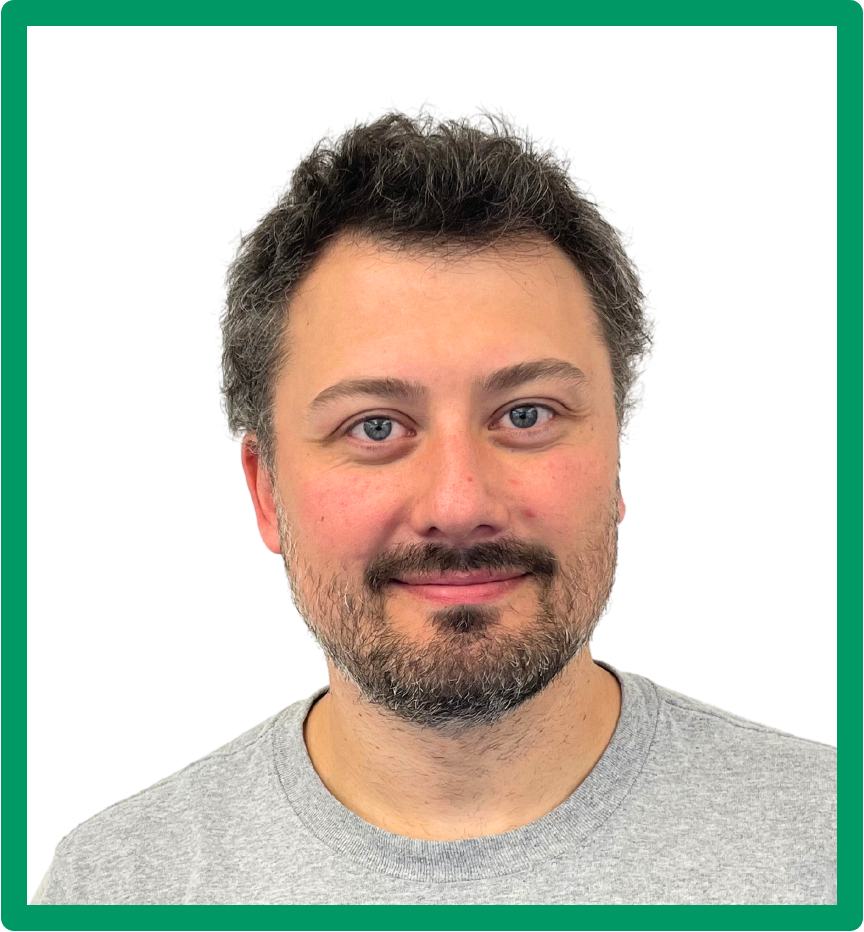
Benjamin Lieberknecht, Sales Manager at EUSI, has more than a decade of experience in the geodata industry. With a B.Sc. in Geography (University of Würzburg) and a M.Sc. in Applied Geoinformatics (University of Salzburg), he worked with the German Aerospace Center on remote sensing projects during his studies.
He started at EUSI in 2015 in customer support and was contact person for ESA Copernicus projects before becoming Sales Manager in 2019, focusing on Central Europe and advanced geospatial solutions. After working as a Partner Manager at Esri Germany in 2022/2023, he returned to EUSI in 2023. He is now focusing on intensifying contacts with resellers and customers in Central Europe, as well as project manager for various research cooperations with DLR, Frauenhofer and the Max Plank Institute.
SPEAKER
Prof. Dr. Andreas Ligocki
Ostfalia University of Applied Sciences – Hochschule Braunschweig/Wolfenbüttel
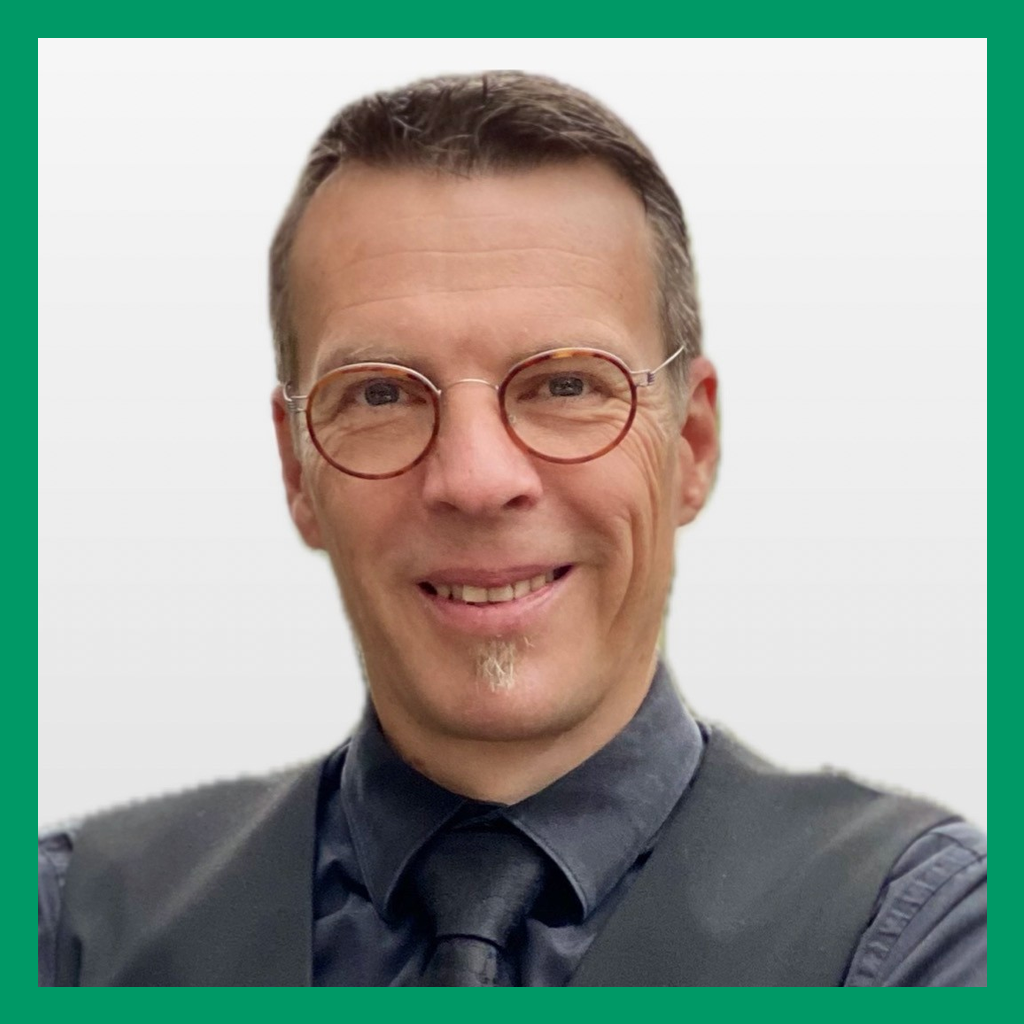
Professor Andreas Ligocki studied mechanical engineering at the Technical University of Braunschweig and subsequently completed his doctorate at the Institute for Agricultural Machinery and Fluid Technology.
After working in industry as a Design Engineer and Head of Development & Engineering at CLAAS and Günter TILL GmbH & Co. KG, he was appointed to the Ostfalia University of Applied Sciences in Wolfenbüttel in 2010 to work in the Engineering Department.
In addition to his teaching, Professor Ligocki is involved in research in the field of constructive hydraulics, mobile machinery and additive manufacturing, usually in combination with forestry or agricultural engineering. His team is currently working on projects such as Ostfalia -Waldpilz and Ostfalia – Smart City Irrigation with LoRaWAN-based environmental sensor technology.
SPEAKER
Amelie Mc Kenna
Thünen Institute of Forest Ecosystems /
FU Berlin
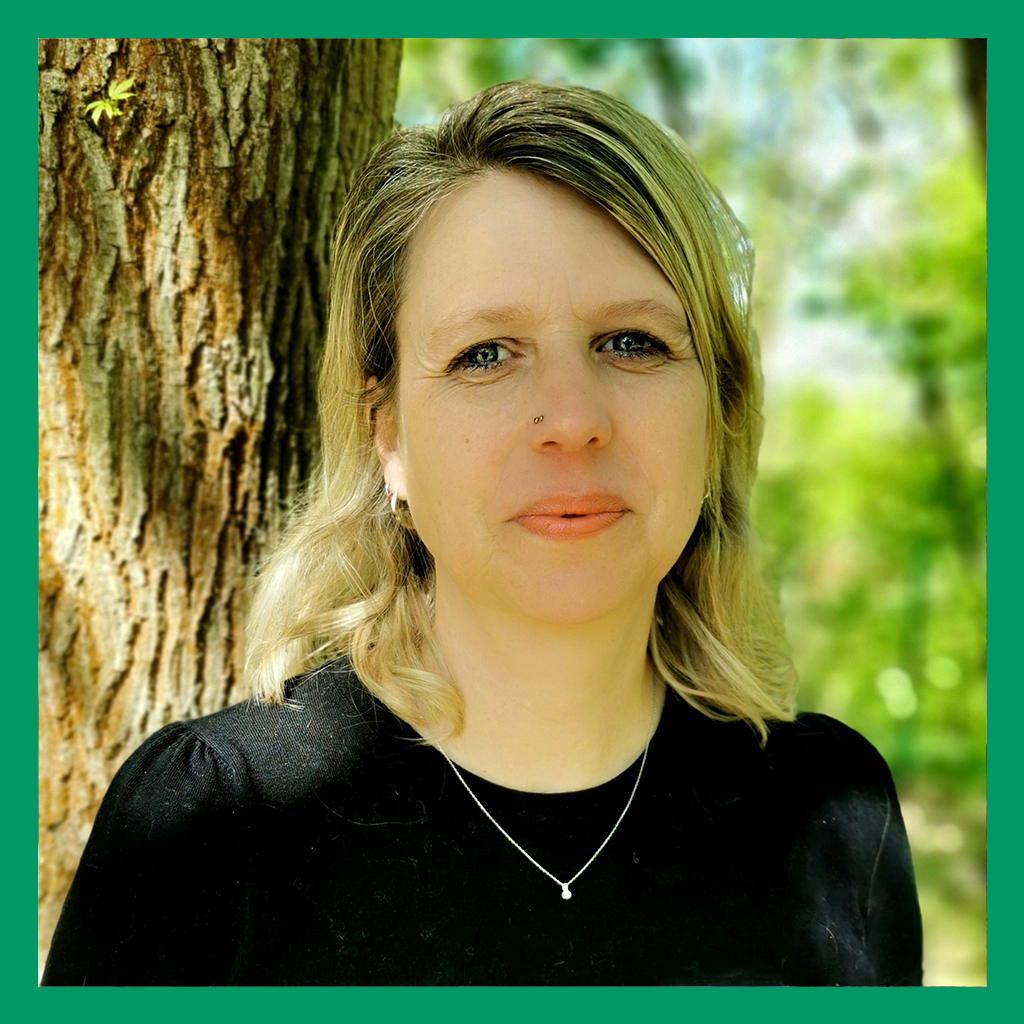
Amelie Mc Kenna has been a doctoral student at the Thünen Institute of Forest Ecosystems since 2023, where she is working the on “WZE Remote Sensing and Ground-Truthing” project in the department of Soil Protection and Forest Health. The focus of her project work is on the systematic and precise measurement of the monitoring areas and trees of the forest condition survey (WZE) using GNSS measurement systems and polar methods. The data collected is used as ground truth in further analyses to assess and identify the vitality of trees.
From 2018 to 2025, Amelie Mc Kenna worked as a research associate at the Eberswalde University for Sustainable Development (HNEE). She then worked on the international Build4People project in Cambodia, focussing on remote sensing and green spaces. Since 2020, she has been working on the long-term monitoring programme “Ecosystem-based Environmental Monitoring (ÖUB)”, under Prof. Dr. Barbara Wolff in the department of Waldinventur und Planung. She also took on teaching assignments in the modules Forest Metrology with Prof. Wolff and Instrumentation with Prof. Dr. Martin Guericke.
Amelie Mc Kenna’s professional focus is on forest environmental monitoring, remote sensing, geo-information systems, and data analysis for environmental data with a focus on forests.
SPEAKER
Johannes Mohr
Ecosystem dynamics and forest management in mountain landscapes, Technical University Munich
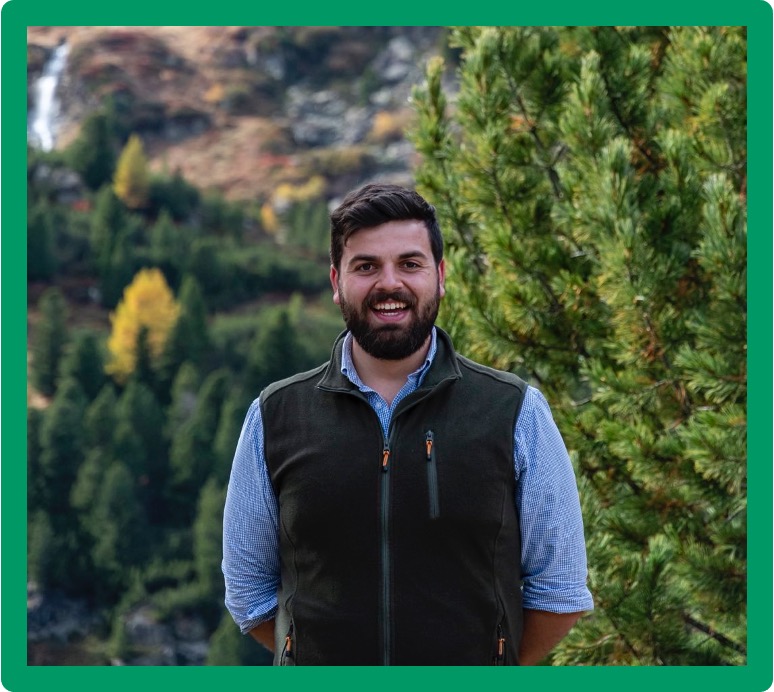
Johannes Mohr is a PhD student and research assistant at the Chair of Ecosystem Dynamics and Forest Management in Mountain Landscapes at the Technical University of Munich. After studying mathematics at the Goethe University Frankfurt am Main, he studied forestry in Freising.
His research focuses on the economic impact of disturbances in forests and the evaluation of different management strategies with regard to their effect on the resistance of forests to disturbances. He combines remote sensing methods and forest ecosystem models to investigate both past and future effects of uneven-aged management strategies.
SPEAKER
Nancy Müller
Consultant for digitalisation of forestry and wood, Fachagentur Nachwachsende Rohstoffe e.V. (FNR)
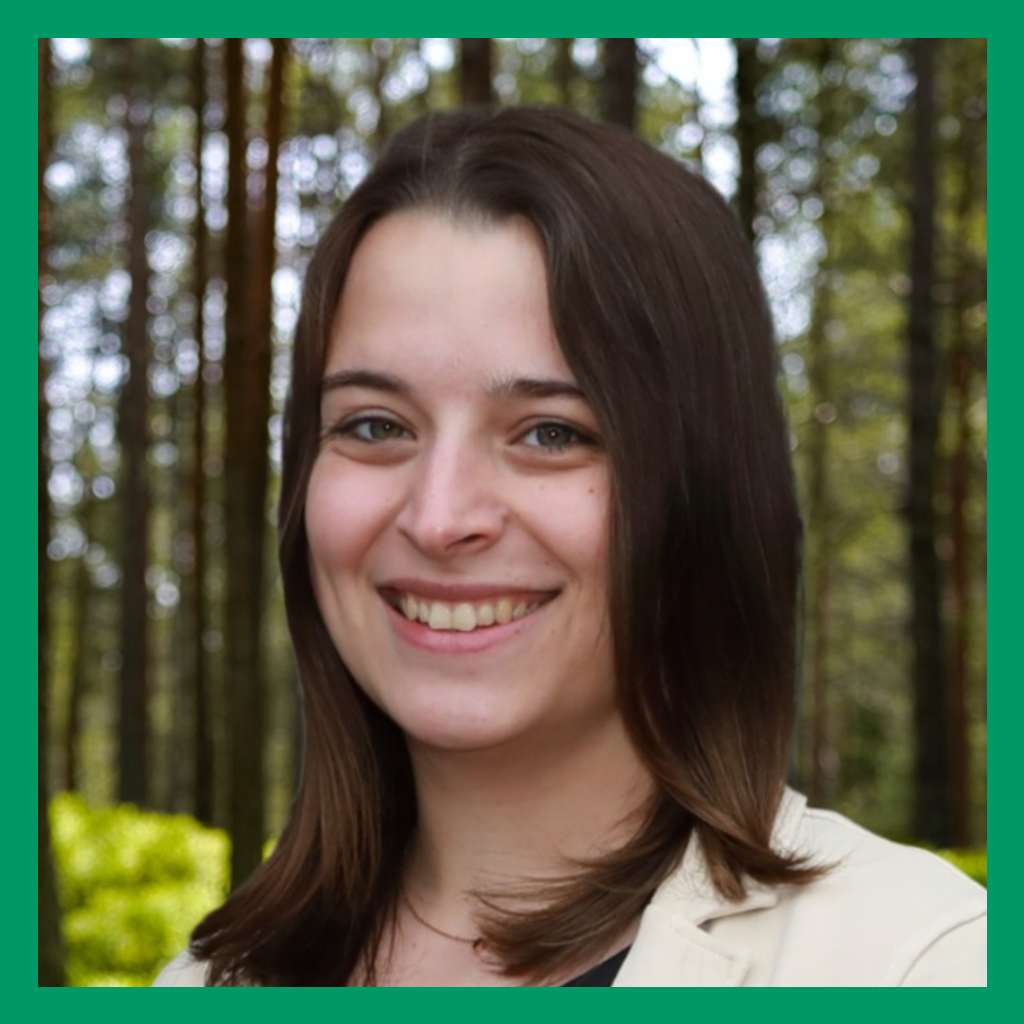
Nancy Müller is a specialist for digitalisation in the public relations department of Fachagentur Nachwachsende Rohstoffe e.V. (“Agency for Renewable Resources”) (FNR).
After completing her master’s degree in forestry in 2020, she gained practical experience in the forestry service at the AELF Kempten. At the FNR, she has been organising and moderating the “Digitalisation of Forestry and Wood” roundtable for the last three years.
Her role consists of facilitating networking among stakeholders, identifying synergies, and promote collaboration for innovative solutions. She utilises her overview to ensure that all participants work together to create solutions for existing challenges and make progress in digitalisation.
SPEAKER
Visweshwar Arulmozhi Nambi
Wissenschaftlicher Mitarbeiter at HLNUG
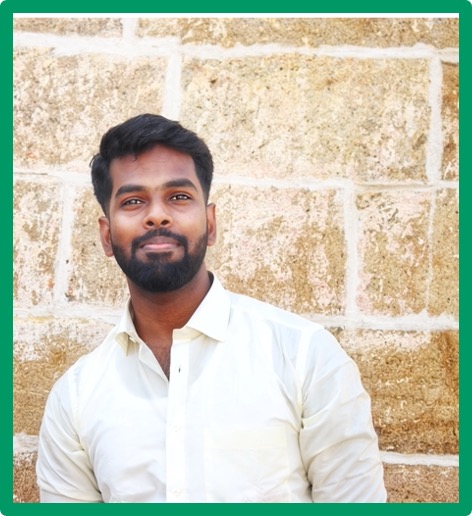
Visweshwar Arulmozhi Nambi holds a Master’s degree in Geoinformatics from the University of Münster. He is currently a Scientific assistant (Remote Sensing Expert) at the Hessisches Landesamt für Naturschutz, Umwelt und Geologie (HLNUG).
With a strong passion for integrating remote sensing with machine learning techniques, Visweshwar works to tackle complex challenges in fields such as forestry, nature conservation etc. One of his main projects at HLNUG, BuWaL-Hessen, aims to support the terrestrial mapping of Natura 2000 sites in Hessen by leveraging remote sensing to optimize nature conservation efforts.
SPEAKER
Assoc Prof Richard L. Peters
Tree Growth & Wood Physiology, Technical University Munich
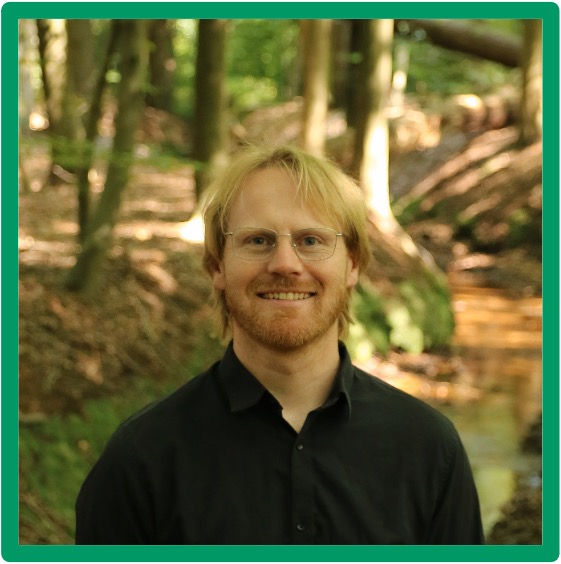
Richard L. Peters is an Associate Professor leading the Tree Growth and Wood Physiology Group at the Technical University of Munich. He studied biology at Utrecht University and earned his PhD (summa cum laude) from the University of Basel in collaboration with the Swiss WSL in 2018.
Peters combines dendrochronology with mechanistic models and high-resolution sensors to study tree water use and wood formation. His research focuses on species-specific drought responses and forest resilience, applying insights to forest monitoring and management.
SPEAKER
Dr. Werner Rammer
Department for Life Science Systems, Technical University Munich
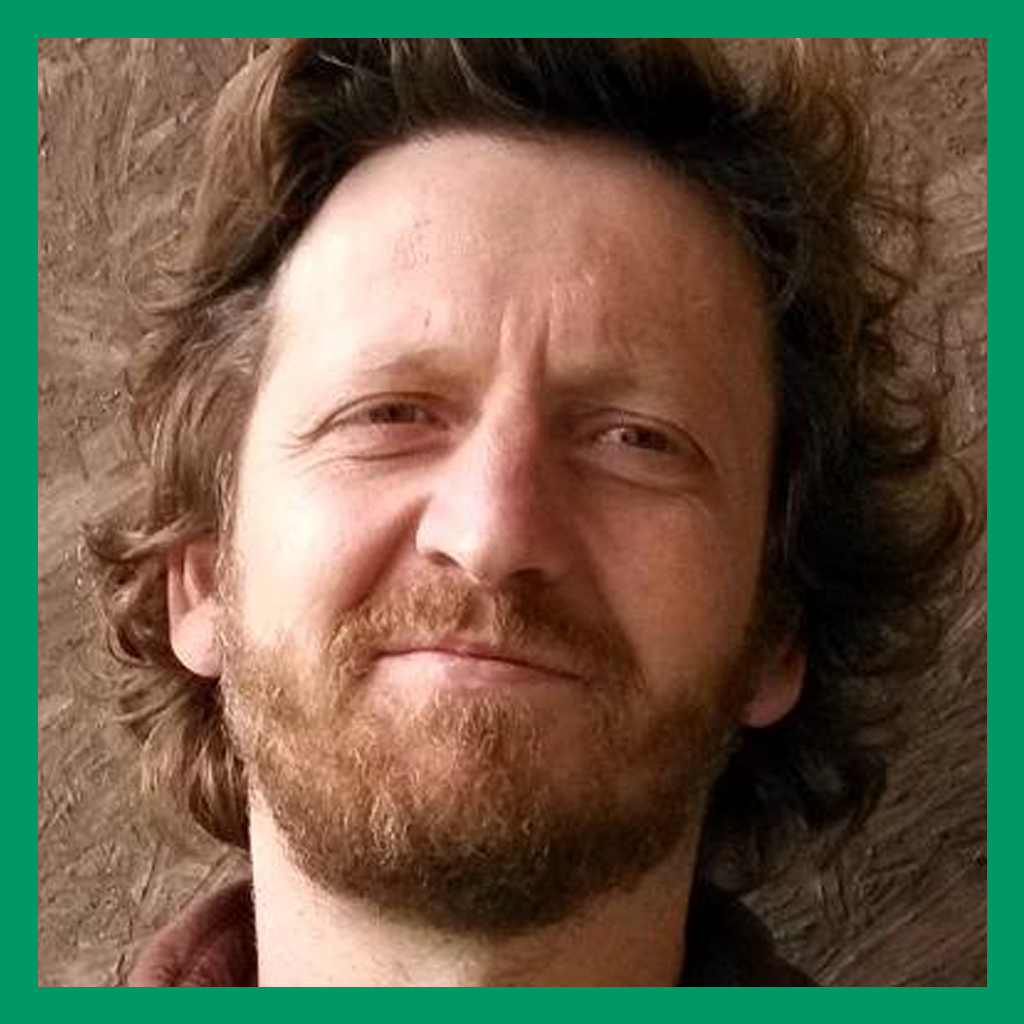
Dr. Werner Rammer is a Senior Scientist at the Chair of Ecosystem Dynamics at the Technical University of Munich. He develops and uses forest ecosystem models to analyse the effects of climate change, disturbances and forest management. He is also a pioneer in the application of artificial intelligence in ecosystem research.
His research focuses on ecosystem modelling, artificial intelligence/deep learning, software development, the effects of climate change, ecosystem services, and forest management.
SPEAKER
Dr. Rafael Reisenhofer
Data Intelligence, palos GmbH
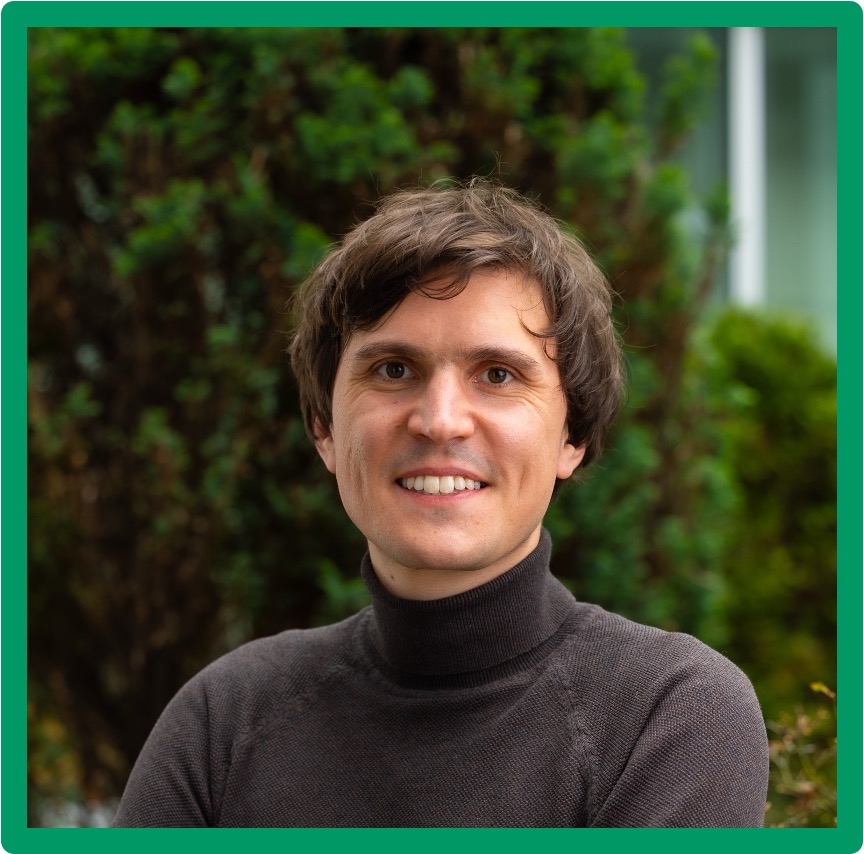
Dr. Rafael Reisenhofer develops innovative methods for forest inventories and forest monitoring at palos GmbH. He combines modern machine learning models for recognizing and classifying trees in aerial images with classical statistical approaches based on yield tables and sampling.
After completing his doctorate in applied mathematics at the University of Bremen in 2018, Dr. Reisenhofer worked as a researcher in Vienna and Bremen. His focus was on mathematical image processing and the application of deep learning models in areas such as computational chemistry and the analysis of financial market data. Since 2023, he has been working in the Data Intelligence department at palos GmbH.
SPEAKER
Thorsten Reitz
wetransform GmbH, Darmstadt
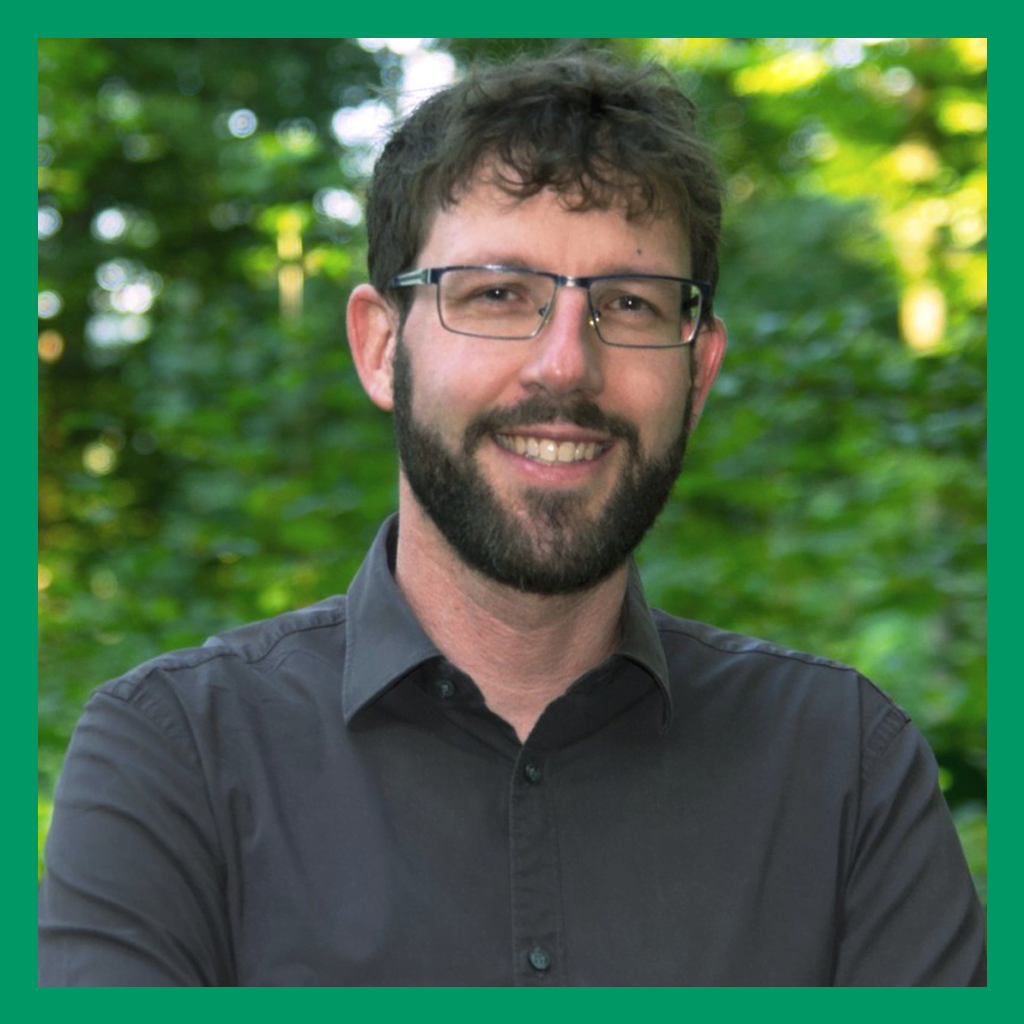
Thorsten Reitz is the founder of wetransform GmbH.
After studying media informatics, he worked at Fraunhofer IGD from 2004 to 2012 as a research assistant and later as head of department, where he played a key role in data harmonisation projects such as HUMBOLDT, eSDI- NET+, CityServer3D and urbanAPI. Through this work, he gained broad knowledge of INSPIRE and other geodata standards. He is also the “father” and first developer of hale»studio.
From 2012 to 2015, he was Head of Product Engineering at the Esri R&D Centre Zurich, where he was responsible for the implementation of products such as ArcGIS for 3D Cities, ArcGIS Scene Services and CityEngine, as well as HR and other cross-divisional tasks.
SPEAKER
Prof. Dr. Christian Rosset
Waldbau und forstliche Planung, Berner Fachhochschule (BFH-HAFL)
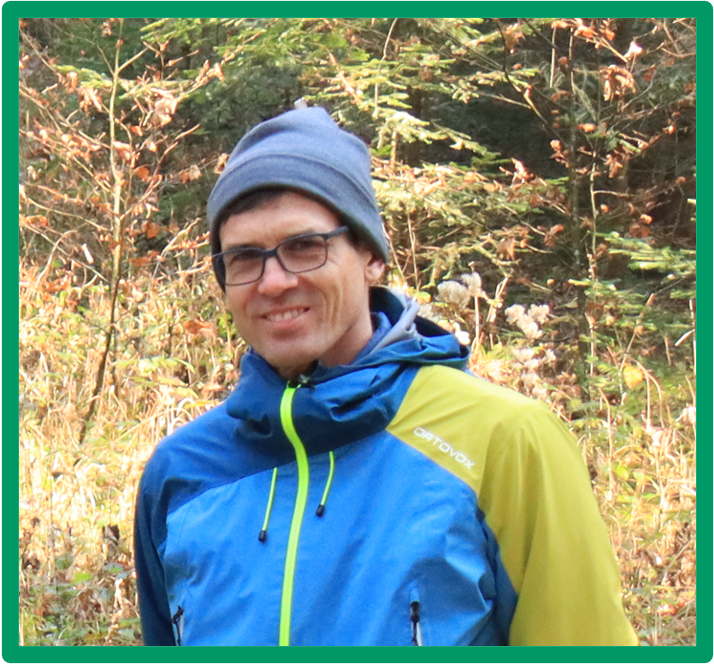
Christian Rosset and his team have been developing practice-oriented digital solutions for near-natural silviculture and the sustainable management of forest ecosystems for over 15 years. Collaborating with IT specialists from BFH-TI and forestry practitioners, the focus is on creating practical added value.
Tools that have already been developed, such as MOTI (a smartphone app for forest inventories), TBk (for automatic stand mapping), MSC (the web platform martelage.sylvotheque.ch, with over 200 marteloscopes to promote the exchange of information on the various forms of near-natural silviculture) and WIS.2 (a management tool for the flexible control of forest ecosystems and their gradual adaptation to climate change) are being continuously developed.
SPEAKER
Dr. Peter Saiger-Bonnas
Imagery and Analytics Solutions, ESRI Deutschland GmbH
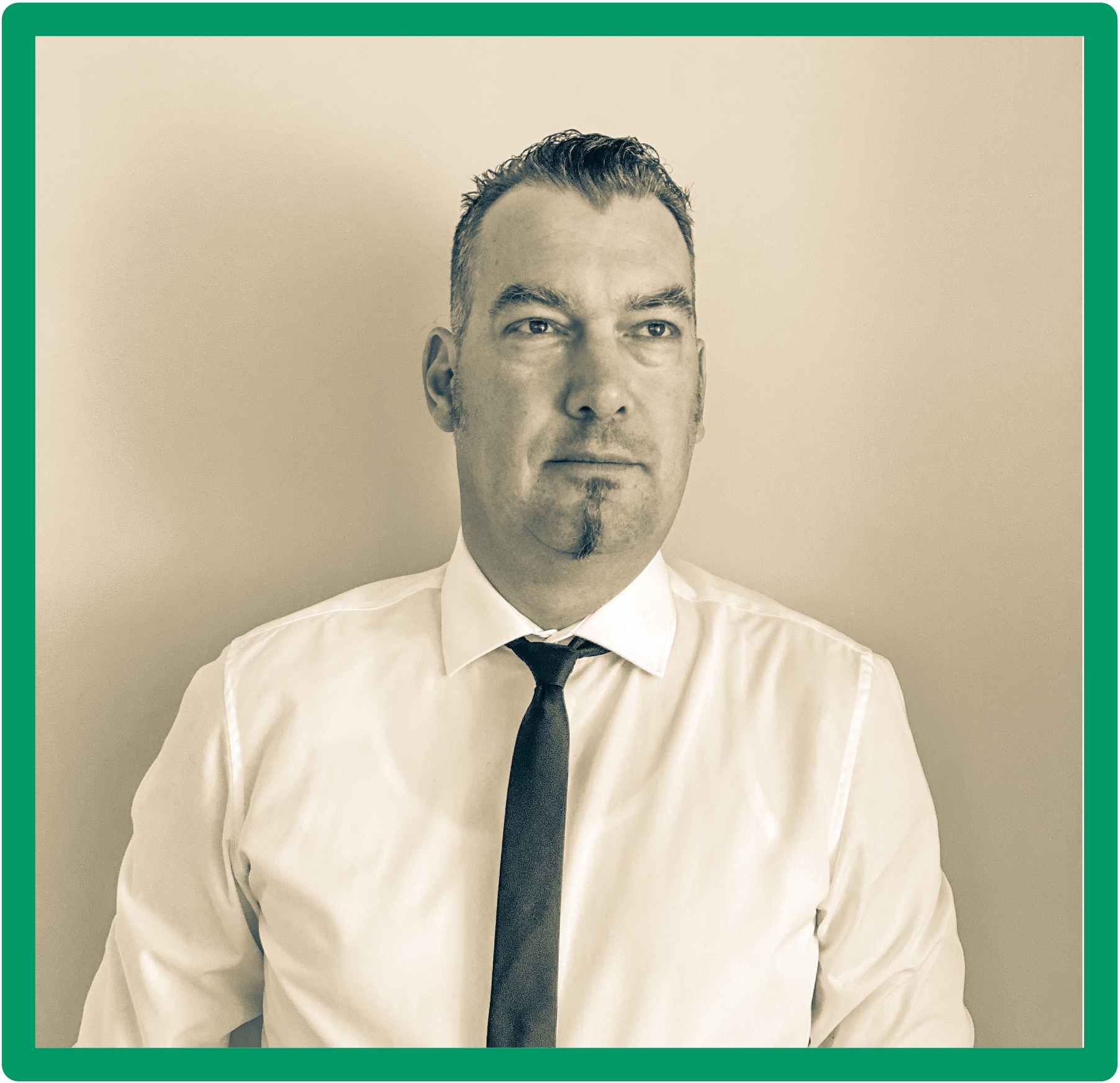
Dr. Peter Saiger-Bonnas studied cartography in Karlsruhe and completed his doctorate at the University of Potsdam in collaboration with the Planetary Research Department of the DLR in Berlin.
Since 2008, he has held various technical positions at Esri Germany, including Senior Consultant and Technical Advisor. In these positions, he was responsible for projects and customers in the forestry sector.
Sauger-Bonnas is leading the “Imagery and Analytics Solutions” team since 2019. Together with his team, he develops innovative technological solutions based on Esri technology to make remote sensing and real-time data usable for applications in the forestry sector.
SPEAKER
Caroline Scheele-Bild
Forstify GmbH
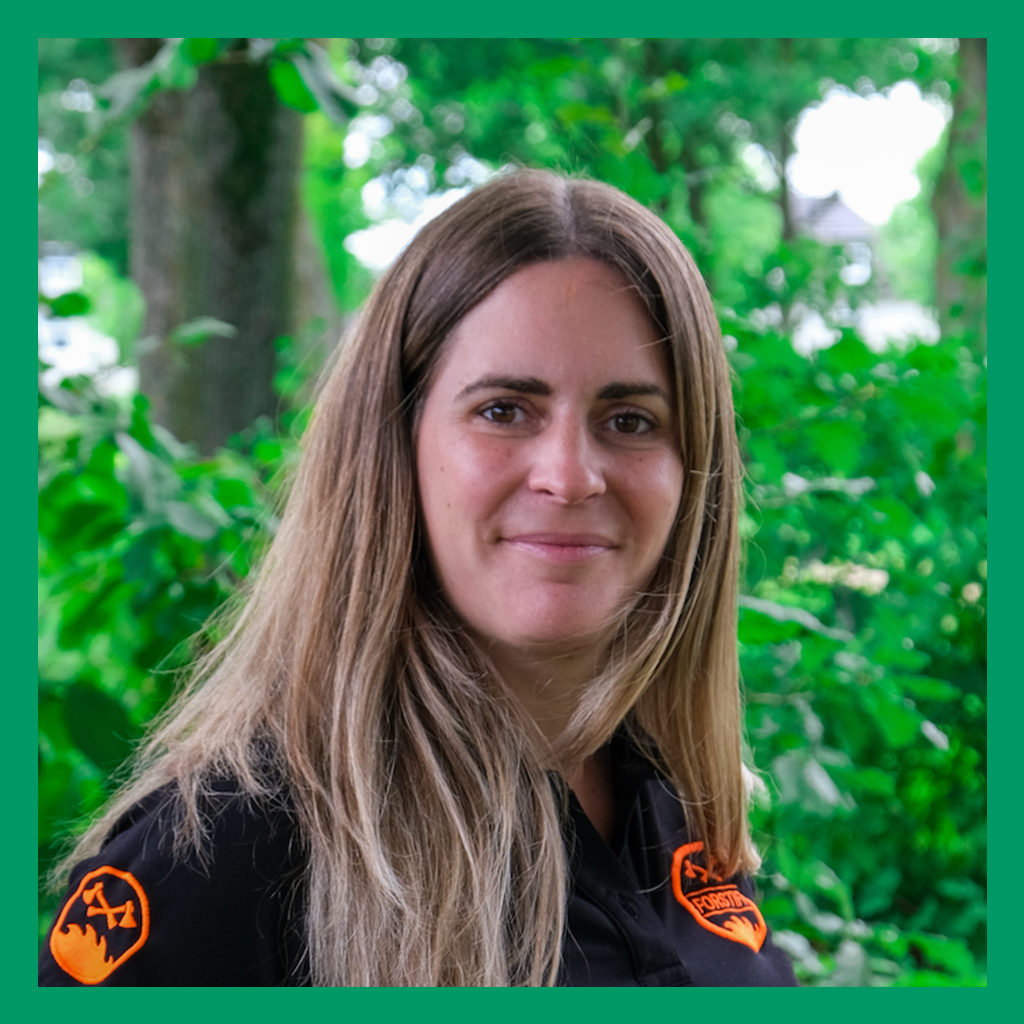
Caroline Scheele-Bild is responsible for sales and communication at Forstify GmbH. In this role, she shapes the digital marketing strategy, steers the company’s development and drives the further development of the platform, which offers innovative tools for digital timber surveying, data management, and marketing. She is actively involved in the strategic direction and supports the company’s growth.
Her path into the forestry industry was a deliberate step: after many years in the software and technology industry, she felt the desire to work in an area that has a direct, tangible impact. With a passion for new challenges, she has grown into the industry and is learning new things every day.
SPEAKER
Christopher Schiller
Institute of Geographical Sciences,
Freie Universität Berlin
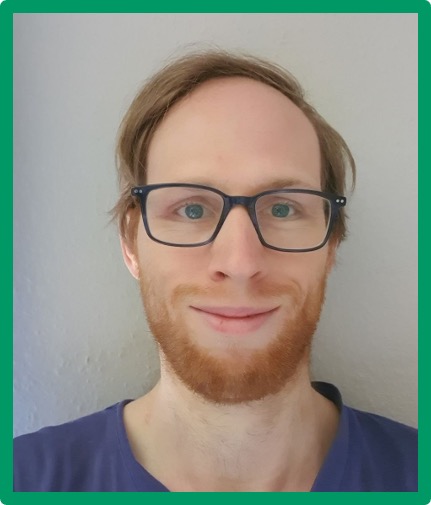
Christopher Schiller is a phd student at the Remote Sensing and Geoinformatics working group of the Institute of Geographical Sciences at Freie Universität Berlin. Within the Future Forest project he is working on the detection of forest damage using artificial intelligence (AI) and Sentinel-2 time series.
From 2015 to 2020, he studied geoecology at the Karlsruhe Institute of Technology (KIT) with a focus on vegetation. There he gained his first experience in the field of remote sensing and AI.
SPEAKER
Lennart Schinke
Institute for Man-Machine Interaction (MMI), RWTH Aachen
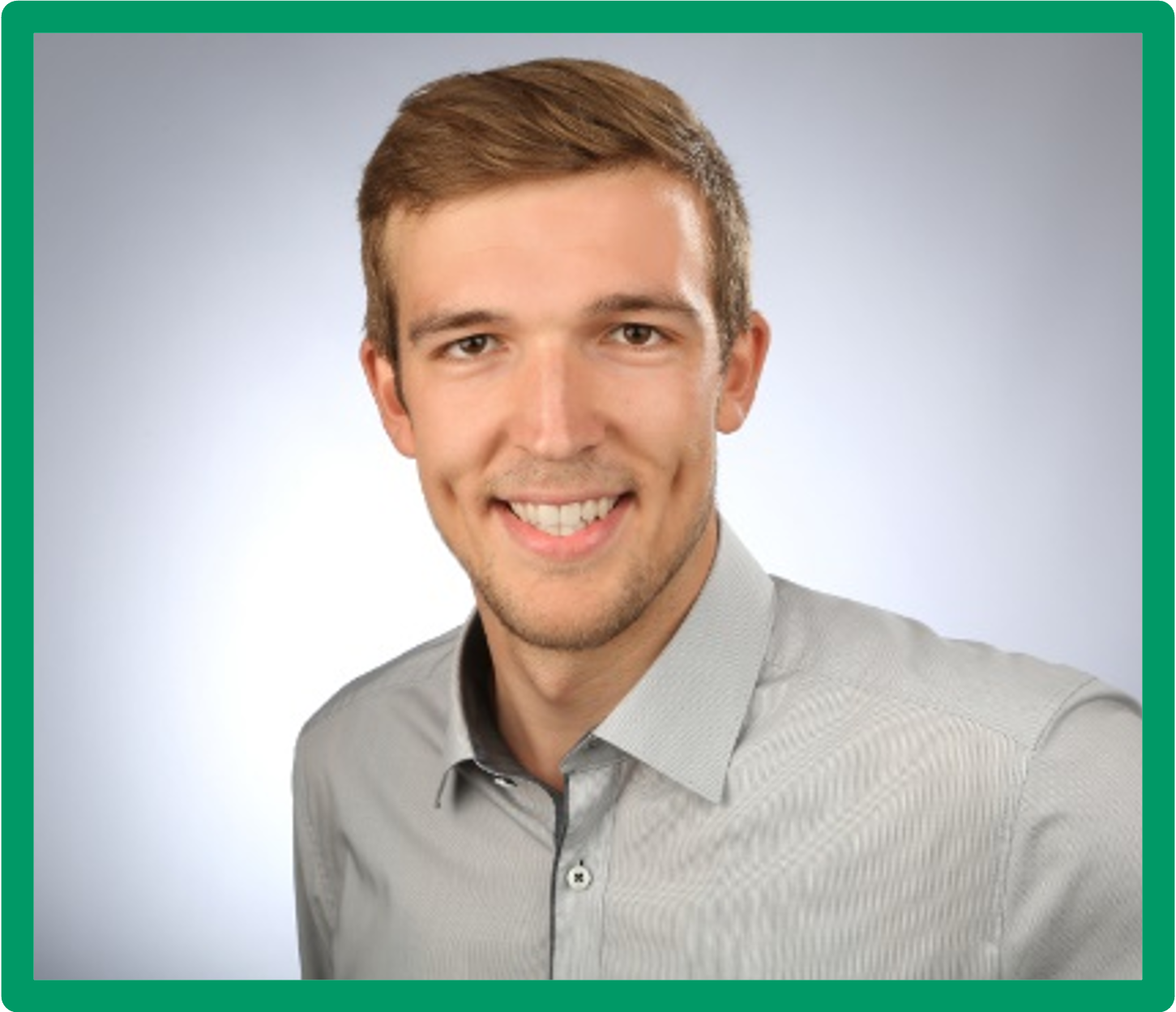
Lennart Schinke has been a research assistant in the “Environment and Digitalization” department at the Institute for Human-Machine Interaction (MMI) at RWTH Aachen University since 2022. He previously studied mechanical engineering with a focus on mechatronics at the University of Paderborn and holds a Master of Science degree.
At the MMI, he is particularly concerned with the digitalization of forestry in research and development. One focus is on topics related to data exchange, e.g. data trustees, data rooms and the Internet of Things.
SPEAKER
Dr. Somakanthan Somalingam
wetransform GmbH, Darmstadt
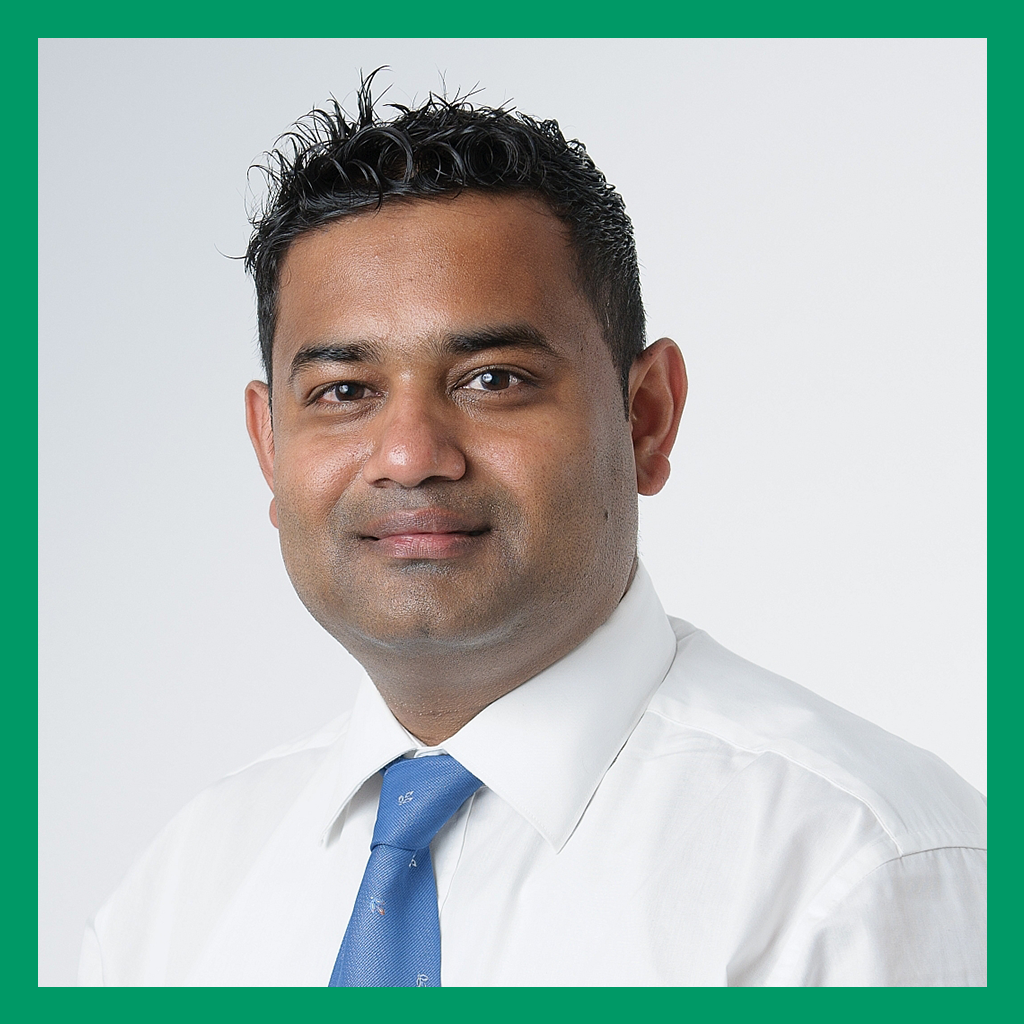
Dr. Somakanthan Somalingam holds a PhD in physics with a focus on adaptive optics. He has more than 20 years of professional experience in applied research and development, engineering, project management and consulting in academic and business environments.
In his role as Senior Manager Research at wetransform GmbH, he coordinates research projects as well as the development of data spaces and integrated services.
SPEAKER
Dr. Frank Thonfeld
German Remote Sensing Data Center (DFD), German Aerospace Center (DLR)
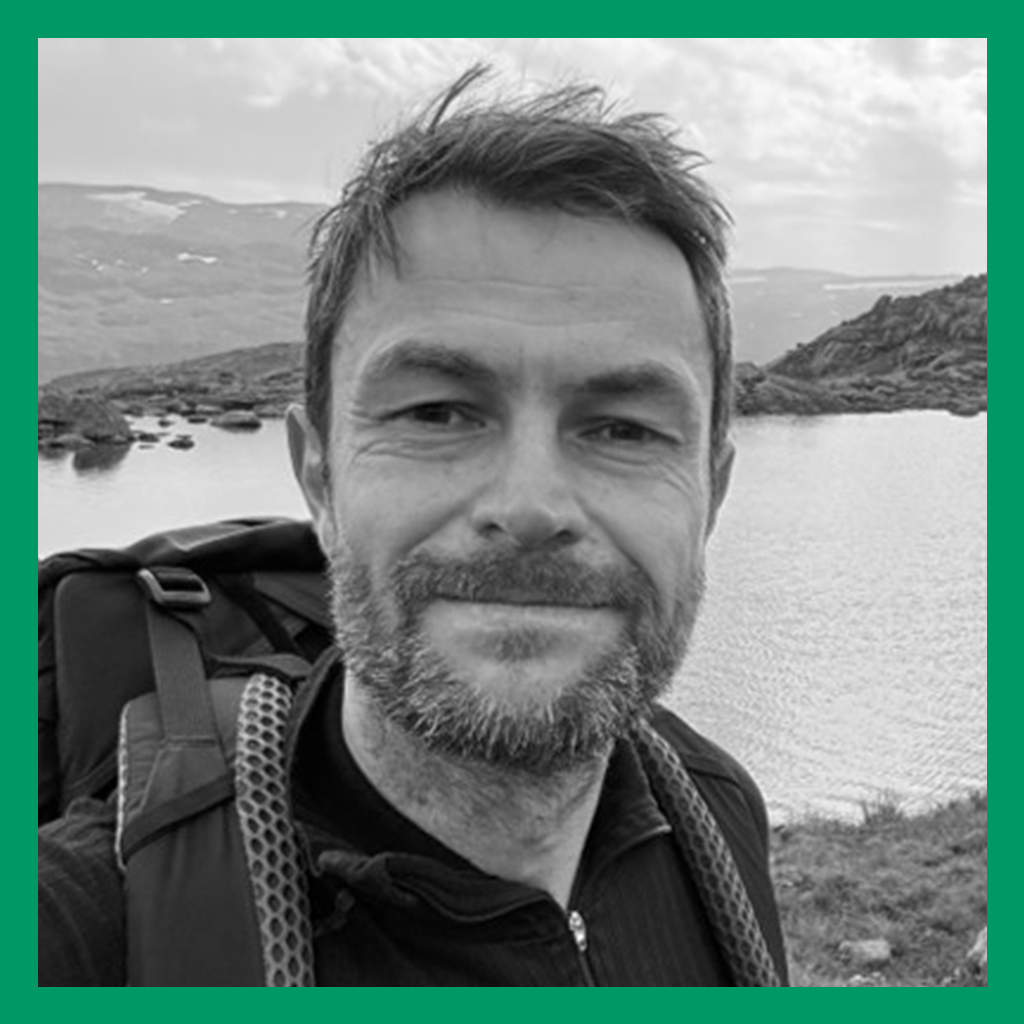
Dr. Frank Thonfeld is a research associate at the German Remote Sensing Data Center (DFD) of the German Aerospace Center (DLR). In the Forest Ecosystems team, he is involved in analysing forests using satellite and airborne remote sensing.
His work focuses on the recording and characterisation of disturbances and the spatio-temporal development of forest structure and biodiversity. Dr. Thonfeld heads the ForstEO project, which is concerned with monitoring climate-related forest damage.
SPEAKER
Janusch Vajna-Jehle
Department for Sensor-based Geoinformatics, University of Freiburg
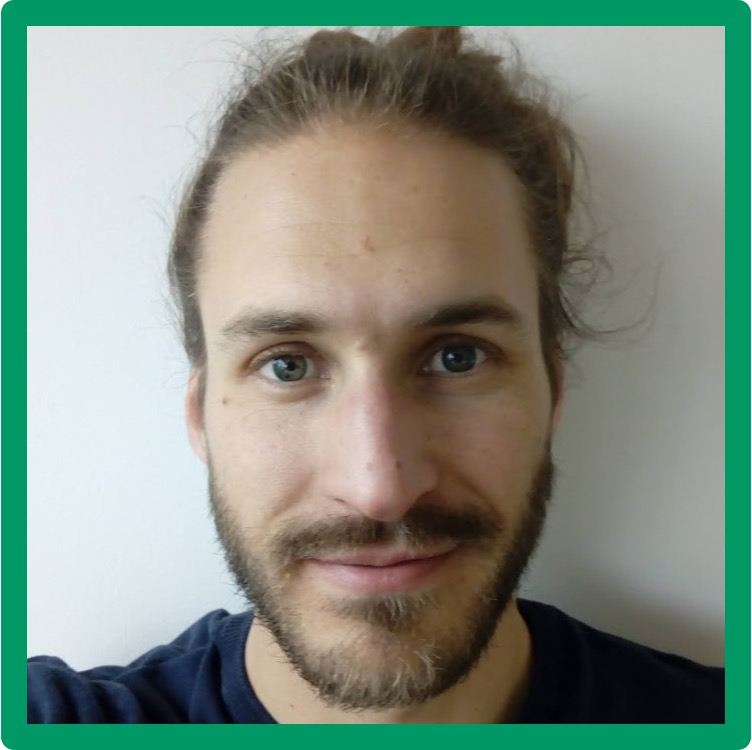
Janusch Vajna-Jehle is a PhD candidate at the University of Freiburg’s Department for Sensor-based Geoinformatics and works as the lead developer for deadtrees.earth.
His work focuses on creating platforms that connect geospatial data with practical applications. Previously, he contributed to projects like WaldKlick and SuMo-Rhine, applying his skills in geospatial analysis and user-centric application design. Janusch is committed to making environmental data more accessible and useful for diverse users.
SPEAKER
Priv. Doz. Dr. Francesco Vuolo
Head of the Institute of Geomatics, BOKU Vienna
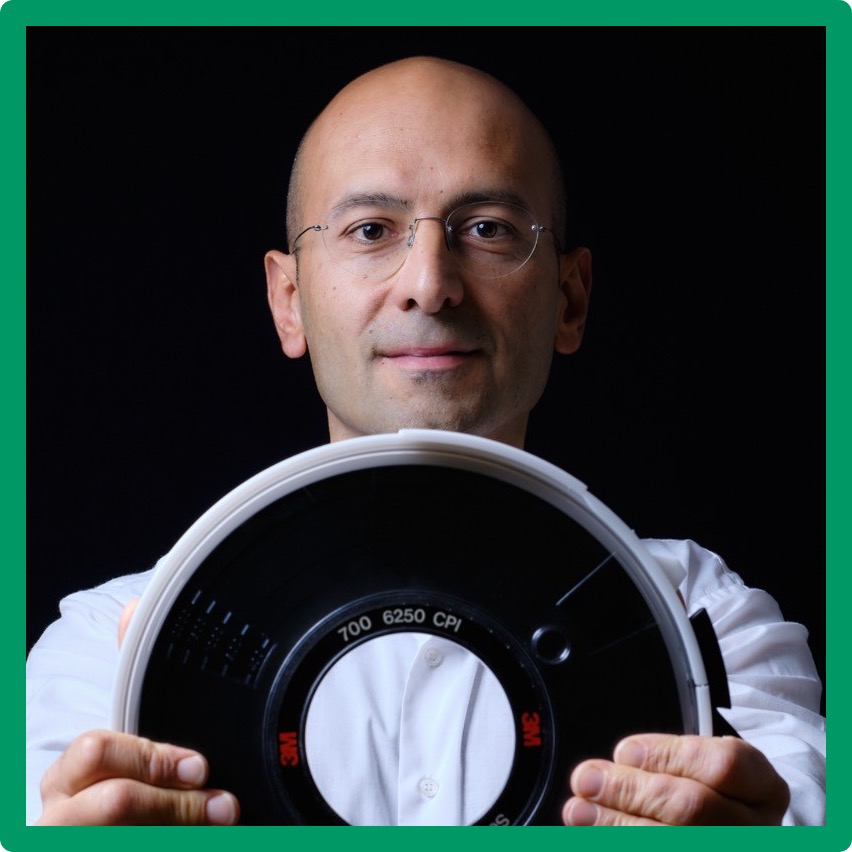
A scientist and educator driven by a passion for the use of remote sensing techniques in vegetation monitoring, especially for agricultural monitoring, irrigation management and crop yield prediction at multiple scales. He is currently head of the Institute of Geomatics at the University of Natural Resources and Life Sciences, Vienna (BOKU).
He has been involved in previous studies on forest type classification, net primary productivity modelling and has co-ordinated a project to develop an Augmented Reality (AR) framework to bring remote sensing based products to the field via AR.
SPEAKER
Andreas Wagner
Department of Geoinformatics,
University of Applied Sciences Munich

Andreas Wagner first completed an apprenticeship as an office administrator and then gained his A-levels. He is currently studying geoinformatics and navigation at Munich University of Applied Sciences and has been involved in the Wald5DPlus project for a year now.
In his bachelor’s thesis, he is working on anomaly detection in the Bavarian Forest National Park, investigating various unsupervised learning algorithms. He took part in the 2024 Datapoolmeeting together with Simon Köfferlein.
SPEAKER
Dr. Adelheid Wallner
Information Technology, Bavarian State Institute of Forestry (LWF)
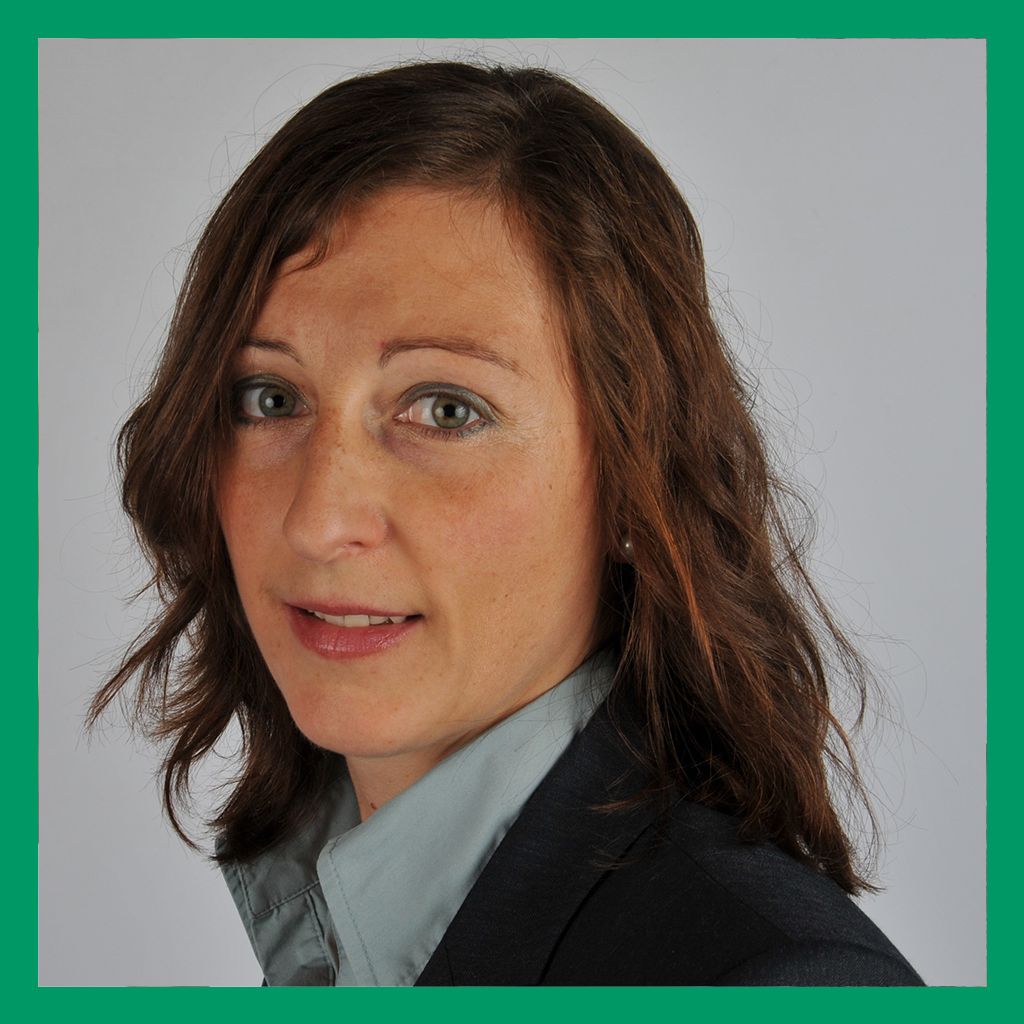
Dr. Adelheid Wallner has been a research associate at the Bavarian State Institute of Forestry (LWF) in the Information Technology Department since December 2009.
Her research focuses on applied remote sensing in forestry. She manages, plans, coordinates, and develops remote sensing methods that record damage in the forests of Bavaria. Another focus is recording tree species across Bavaria through high-resolution remote sensing data. In applied research, it is important to create a link between researchers and users so that remote sensing products can be tailored as closely as possible to practical requirements.
SPEAKER
Zezhou Wang
Mobile Work Machinery (Mobima),
Karlsruhe Institute of Technology (KIT)
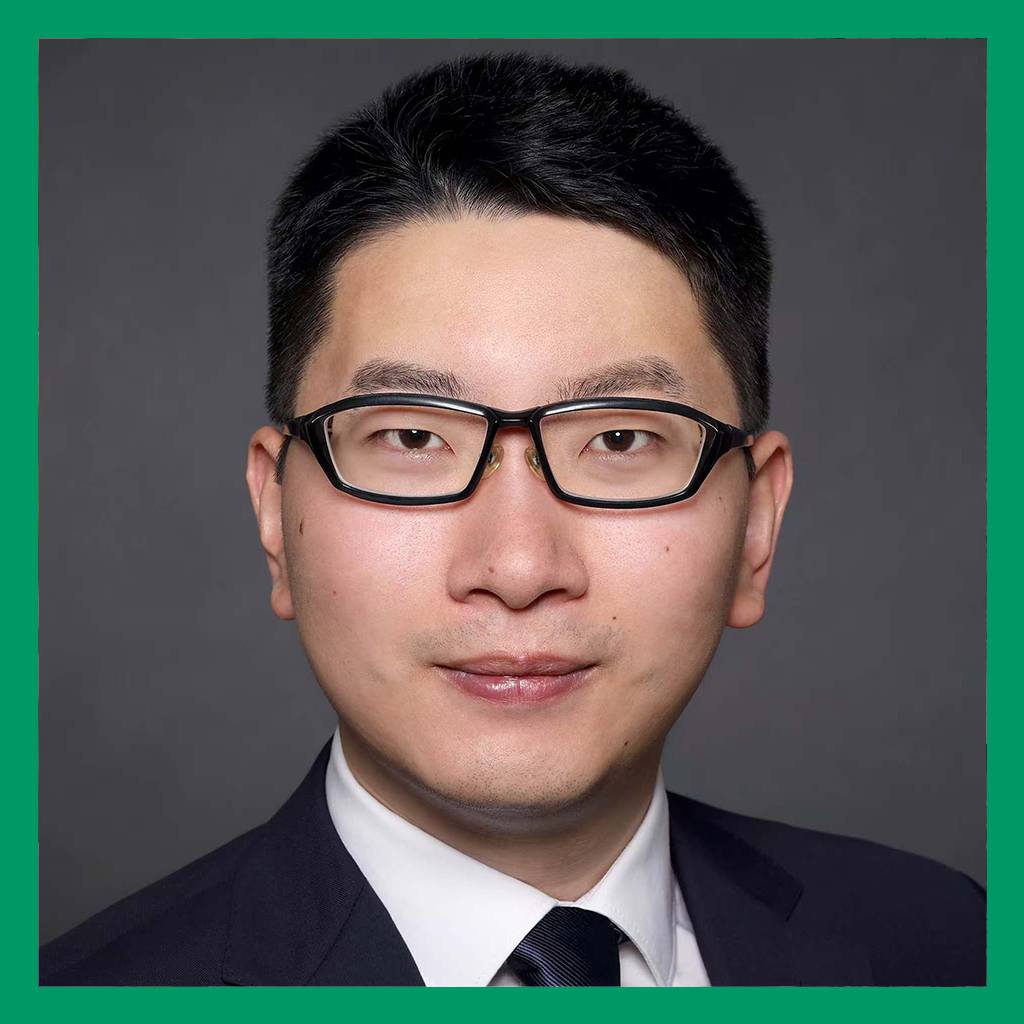
Zezhou Wang completed his Bachelor’s degree in Mechanical Engineering in 2022 and his Master’s degree in Automotive Engineering in 2024 at RWTH Aachen University. Since then, he has been working as an academic associate at the Mobile Work Machinery Division (Mobima) of the Karlsruhe Institute of Technology (KIT)
He researches the development of highly automated and autonomous forestry machines. His work includes locating and navigating in forest areas, the control of forestry machinery, and environmental perception using sensors and AI systems. The aim of his research is to sustainably increase efficiency and safety in forestry through the use of innovative technologies.
SPEAKER
Dr. Lars Waser
Senior Researcher at the Swiss Federal Institute for Forest, Snow and Landscape Research WSL
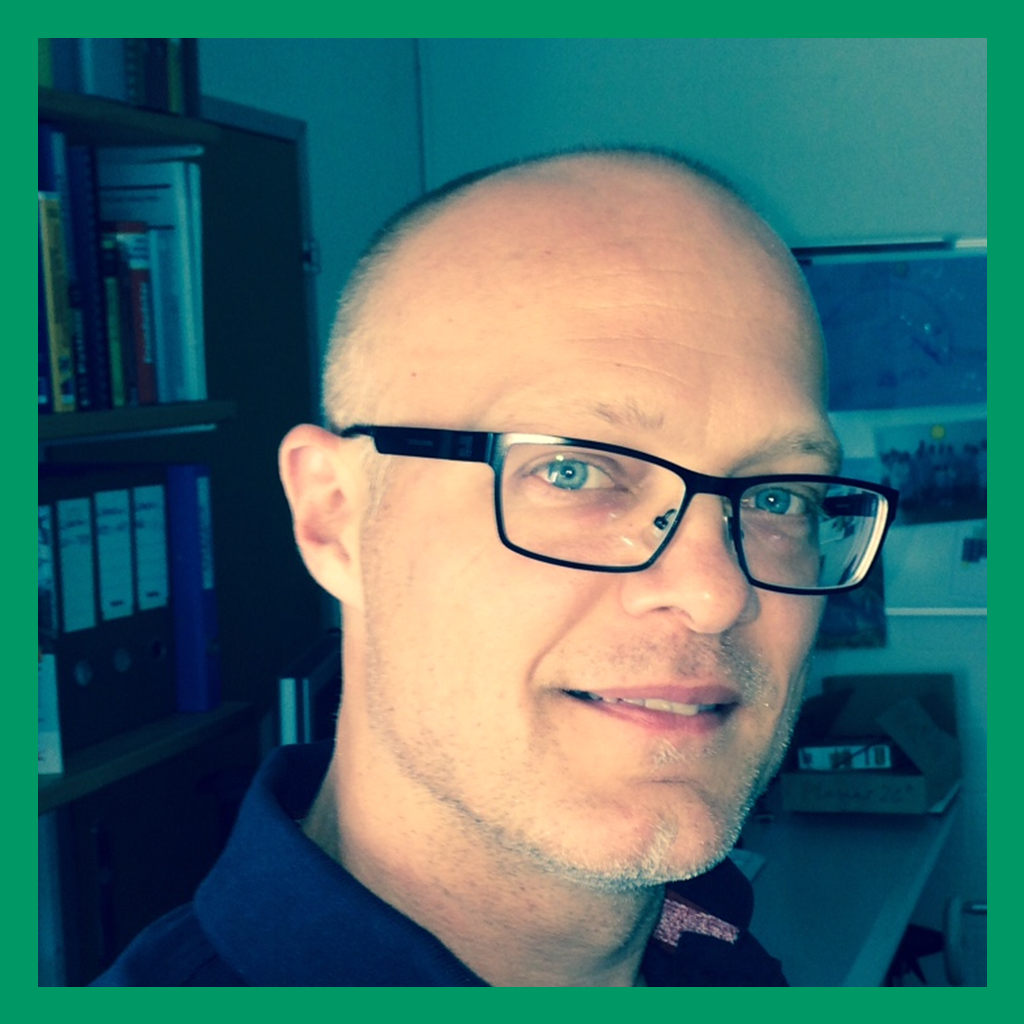
Dr. Lars Waser, is a senior researcher at WSL with more than two decades of expertise in remote sensing with focus on forests. His main research focuses on spatially estimating forest parameters (area, structure, tree species, biomass, forest edge etc.) at different scales (with a focus on countrywide products) and the appropriate validation of remote sensing-based forest products.
He leads national and international projects, and programs, and supervises master and PhD students. He’s associate editor of three Q1 remote sensing journals and member of several scientific and steering committees and associations. He is actively engaged in bringing together applied research and forest practitioners and has achieved important milestones in this regard.
SPEAKER
Prof. Dr. Martin Ziesak
Managing Partner of iFOS Gmbh and Professor at BFH-HAFL
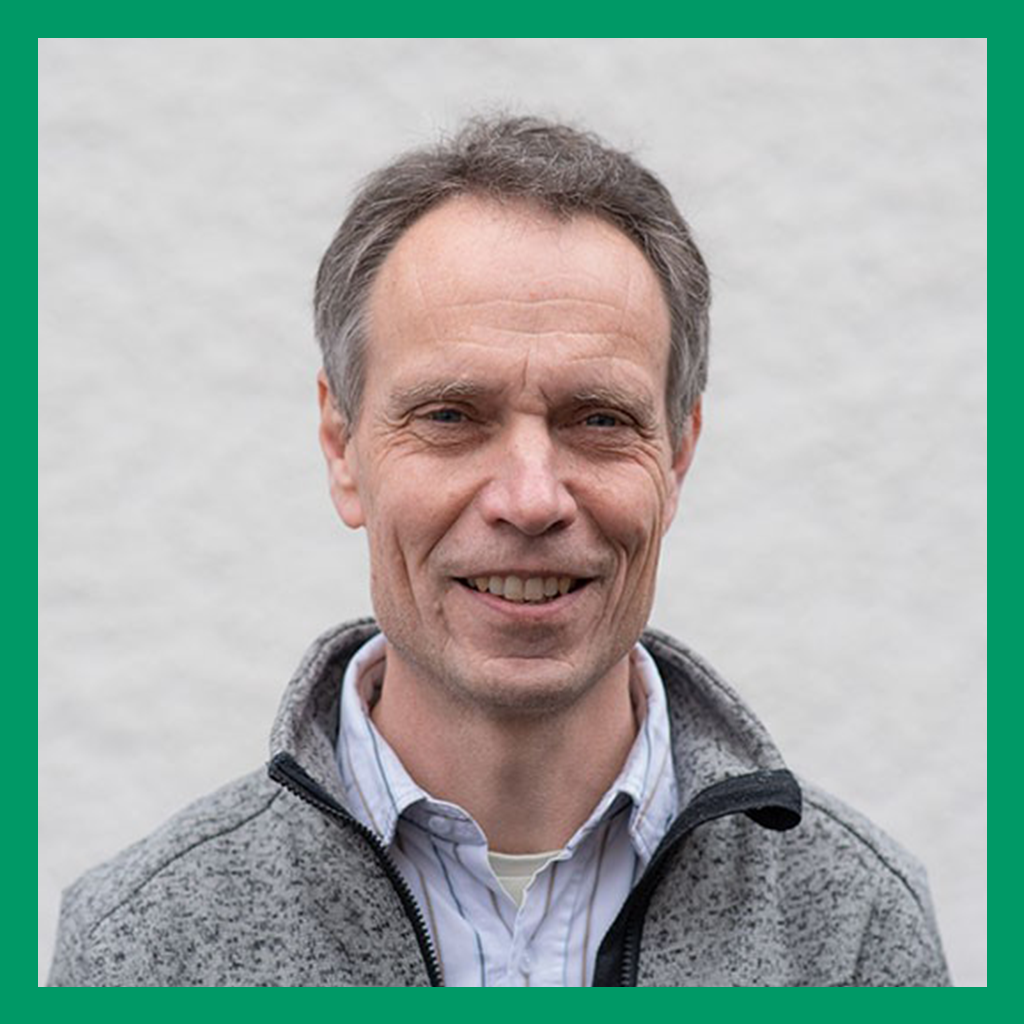
Prof. Dr. M. Ziesak is the managing partner of iFOS GmbH, which he founded in 2018. With its expertise in forestry, iFOS GmbH combines AI + programming, electrical engineering + embedded systems, and remote sensing + GIS.
Additionally, Dr. Ziesak is Professor of Forest Engineering at the School of Agricultural, Forest and Food Sciences HAFL in Zollikofen near Bern, Switzerland.
